Material World
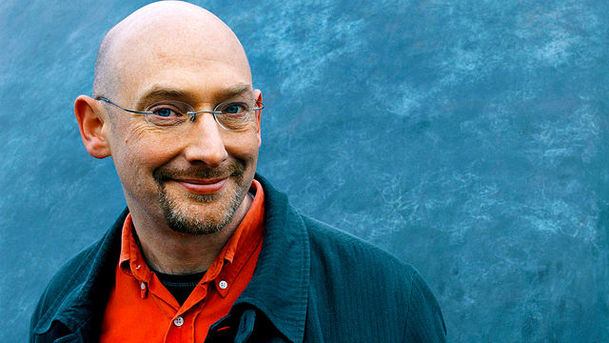
Science programme reporting on developments across the disciplines. Each week, scientists describe their work, conveying the excitement they feel for their research projects
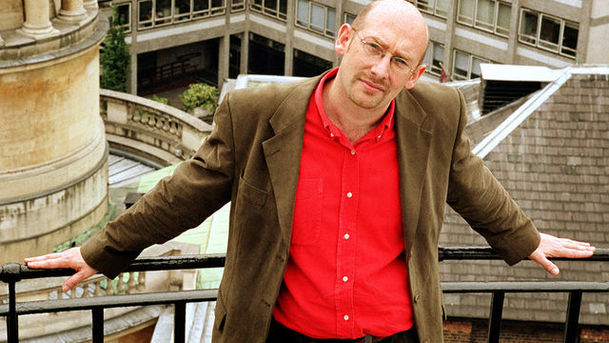
Material World - 01/01/2009
Quentin Cooper joins scientists, artists and musicians on a research cruise to Disko Bay in Greenland to investigate the cultural response to climate change in the Arctic.
Details
Material World - 01/02/2007
In January 2006 NASA's stardust mission to collect samples of dust from a comet 400 million kilometres away returned to Earth. Quentin Cooper examines the results.
Details
Material World - 01/03/2007
This year thousands of scientists from around the world will begin the most intensive period of research on the Polar Regions in half a century. Quentin Cooper finds out more.
Details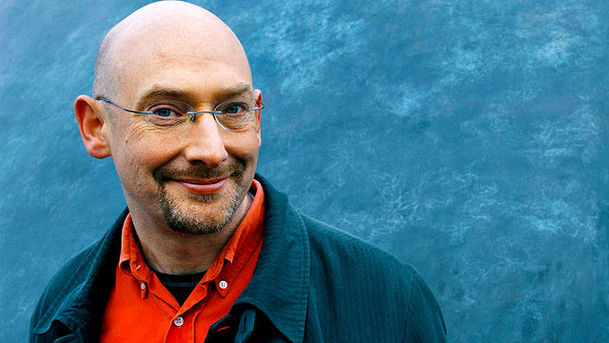
Material World - 01/04/2010
Quentin Cooper hears about genes, science and patents. Plus, the first couple of contenders in the So You Want to be a Scientist talent search, and plastic-chomping bacteria.
Details
Material World - 01/05/2008
Quentin Cooper discusses the postwar boom in science and technology with Ben Russell, a curator of the Science Museum's new exhibition Dan Dare and the Birth of Hi Tech Britain.
Details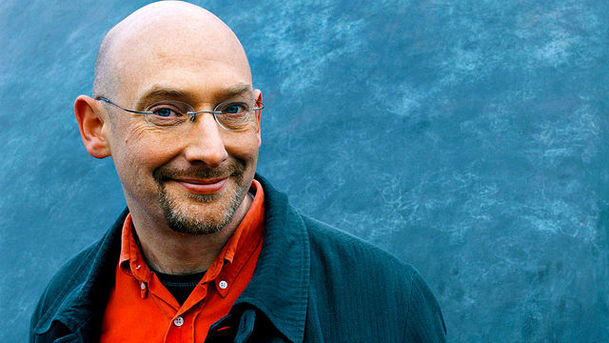
Material World - 01/07/2010
Quentin Cooper on volcanoes, radar, telescopes, shells, snails and culture from The Royal Society's 350th anniversary exhibition on London's Southbank.
Details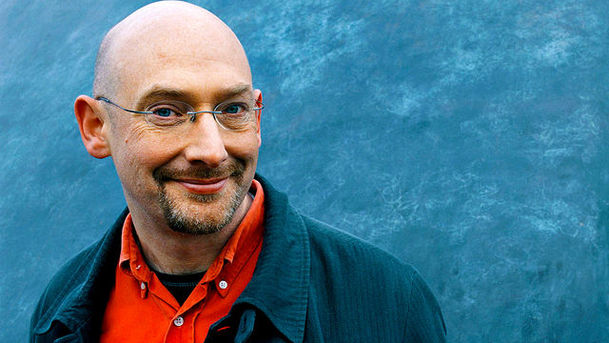
Material World - 01/10/2009
Quentin Cooper and guests dissect the week's science. The earthquakes in southeast Asia; China's greenhouse gases; green but mean; spintronics.
Details
Material World - 01/11/2007
Quentin Cooper explores the remarkable relationships between flower producers and insect consumers in the competitive world of pollination.
Details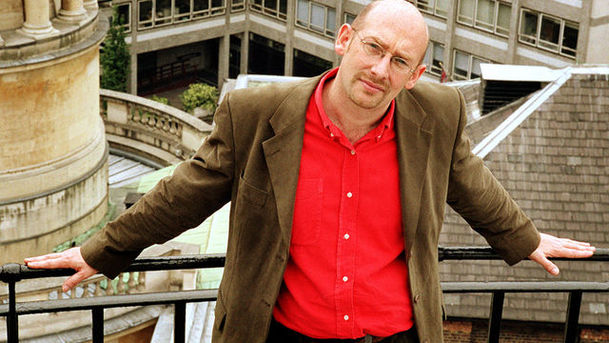
Material World - 02/04/2009
Quentin Cooper talks to explorer Pen Hadow from his Arctic ice expedition. Also, science in the business of fiscal stimulus and '100 Hours of Astronomy'.
Details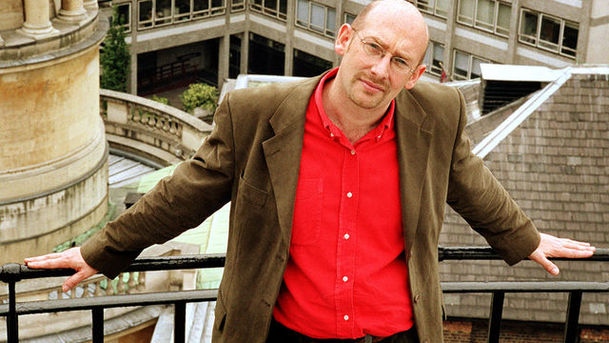
Material World - 02/07/2009
Quentin Cooper reports from the Royal Society's Summer Science Exhibition 2009, including 6th-formers detecting cosmic rays and vets with a virtual cow's rear end.
Details
Material World - 02/08/2007
Next week sees the 250th anniversary of the birth of Thomas Telford, builder of bridges, roads and canals. Quentin Cooper looks back at his influence over the industrial revolution.
Details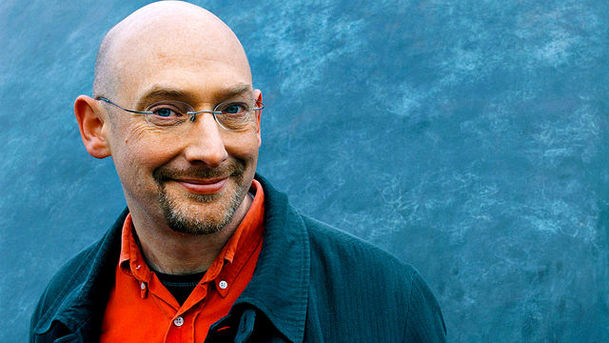
Material World - 02/09/2010
Quentin Cooper presents his weekly digest of science in and behind the headlines. He talks to the scientists who are publishing their research in peer reviewed journals.
Details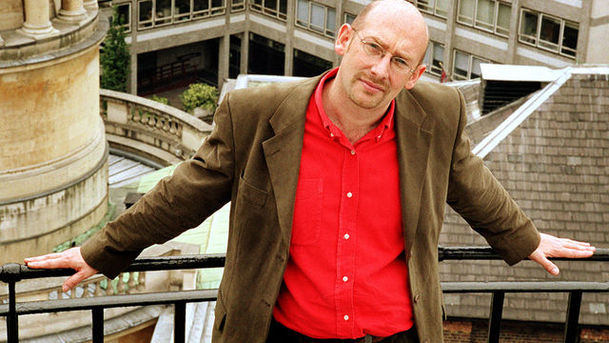
Material World - 02/10/2008
Quentin Cooper hears about a new study into how different cultures process faces in different ways, and how designers are fighting crime.
Details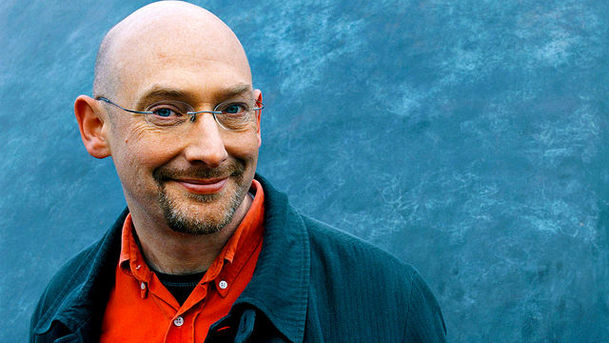
Material World - 02/12/2010
Quentin Cooper looks into the science stories of the week and speaks to scientists who are making the headlines.
Details
Material World - 03/01/2008
Science helps us maximise the Earth's resources, but these are coming under unprecedented strain. Quentin Cooper is joined by a panel to discuss the role of science in our world.
Details
Material World - 03/04/2008
Quentin Cooper finds out about plans to redefine the kilogram in terms of light and why fixing this fundamental value will transform physics.
Details
Material World - 03/05/2007
Quentin Cooper is joined by Oliver Morton of the journal Nature to discuss what happened to the great polymaths of yesteryear.
Details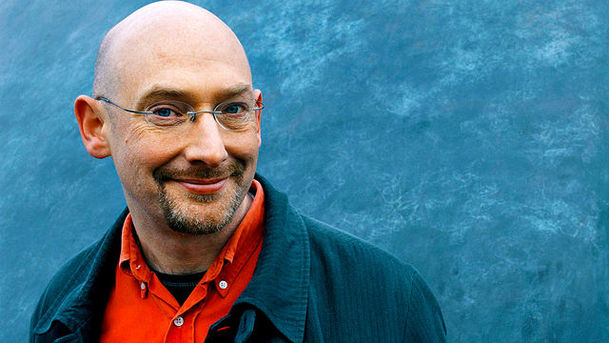
Material World - 03/06/2010
Quentin Cooper investigates oil-eating bacteria, ancient pigs, noctilucent clouds and the latest laureates of the Kavli Prizes.
Details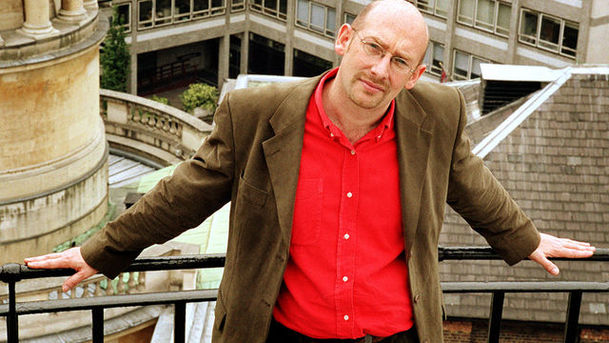
Material World - 03/07/2008
Quentin Cooper investigates the huge fireball that exploded in June 1908 in the Tunguska region of Siberia. The explosion knocked down an estimated 80 million trees.
Details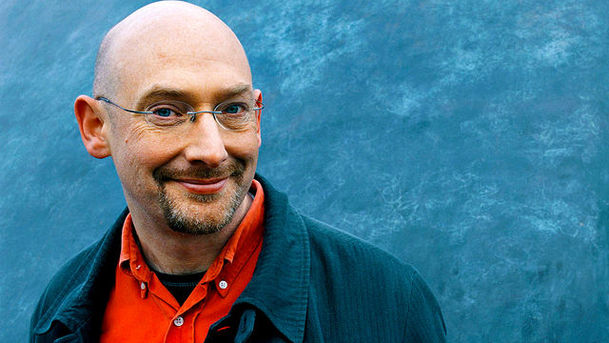
Material World - 03/09/2009
Lord Adonis on the arguments for upgrading the rail network, the physics of stock market bubbles, the gene for drinking milk and will the return to school restart the flu pandemic?
Details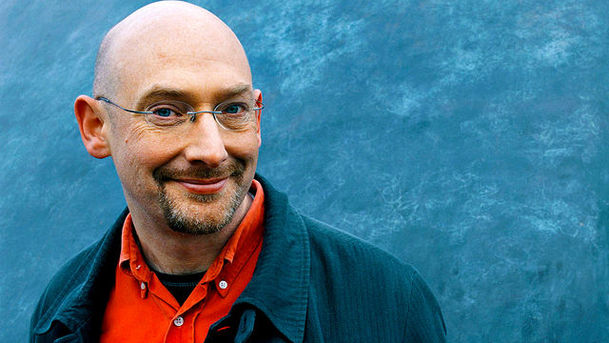
Material World - 03/12/2009
Quentin Cooper hears how the CERN particle accelerator is breaking records, the toughest bacterium in the world, how to eat and live longer, and how to grow a pork chop in a lab.
Details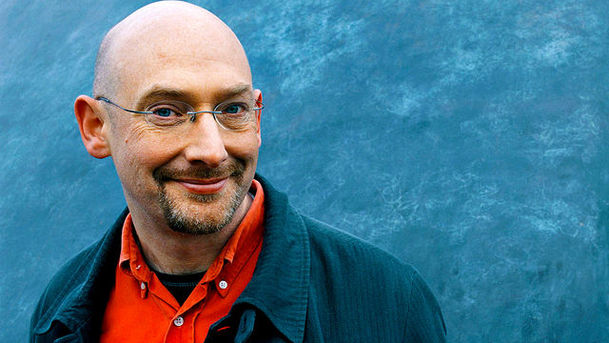
Material World - 04/02/2010
Peer Review - can science get its house in order? Microscopic bubbles could help fuel energy efficiency; NASA's 'Solarlab' set for launch; Jaron Lanier says 'You are not a Gadget'.
Details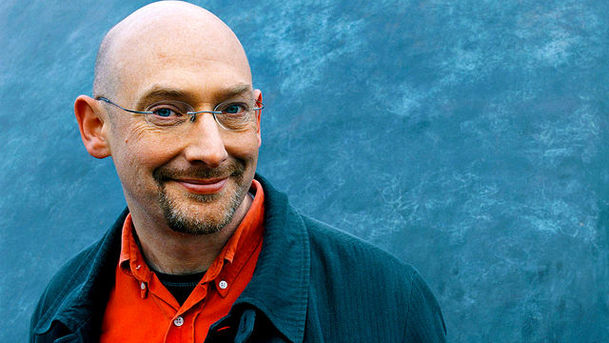
Material World - 04/03/2010
After the powerful Chilean earthquake and the devastating events in Haiti in January, Quentin Cooper talks to scientists about the science of earthquakes.
Details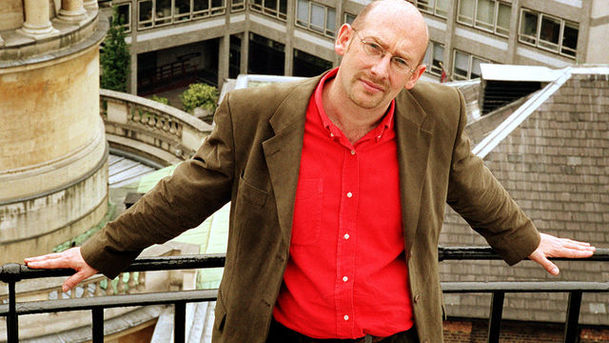
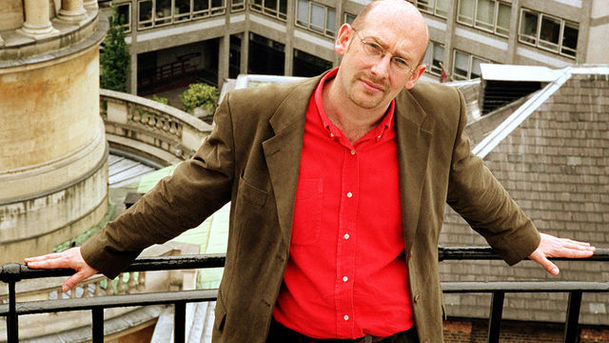
Material World - 04/09/2008
Quentin Cooper explores the thin and flexible world of plastic electronic engineering. Plastics are now being used to replace metals and semiconductors in electronic circuits.
Details
Material World - 04/10/2007
Quentin Cooper talks to psychologists, electronic engineers, internet experts and neuroscientists who are collaborating in an attempt to understand the exact nature of memory.
Details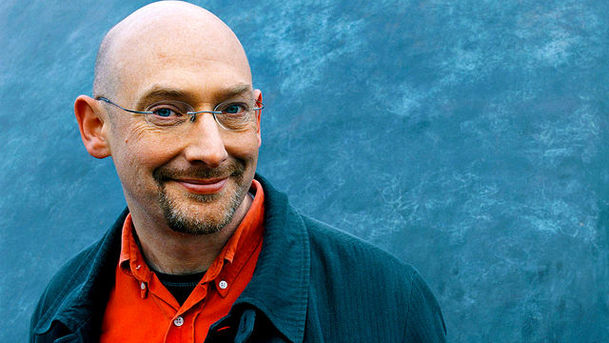
Material World - 04/11/2010
Science stories. Including the giant dragonflies from the first forests, the electrical generator that changed the world, and is the International Space Station worth the cost?
Details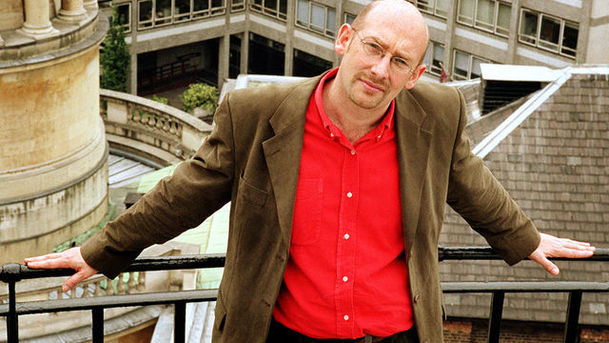
Material World - 04/12/2008
Quentin Cooper joins scientists from the Open University who are measuring the exchange of methane between plants, soil microogranisms and the atmosphere.
Details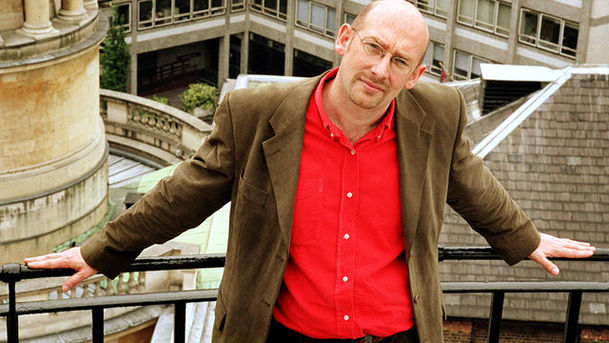
Material World - 05/02/2009
Quentin Cooper hears from two brothers about balloon flights carrying a special telescope above the Arctic and Antarctic, and the equally ambitious attempts to film them.
Details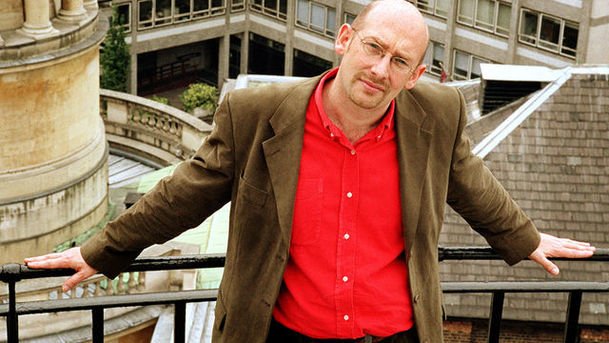
Material World - 05/03/2009
Quentin Cooper hears about the latest remarkable example of natural selection - a fish eye that focuses light using a dished mirror - and how it illustrates Darwin's theory.
Details
Material World - 05/04/2007
Quentin Cooper talks to palaeoanthropologists Clive Gamble and Mike Petraglia about climate change and its contribution to the origin of our species.
Details
Material World - 05/06/2008
Quentin Cooper talks to the inventors of novel materials which, when wrapped around a child's teeth, can map the areas where decay might be setting in.
Details
Material World - 05/07/2007
A collaboration between Brazilian and Scottish researchers has dispelled a number of myths about the Amazonian piranha.
Details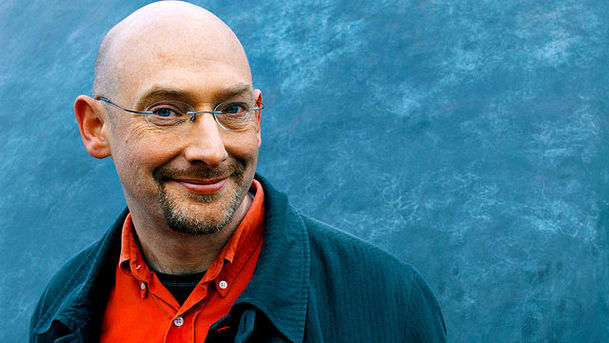
Material World - 05/08/2010
Quentin Cooper discusses the latest on the oil spill in the gulf of Mexico, proteins that can function without water, and revisits the Radio 4 Snail Experiment.
Details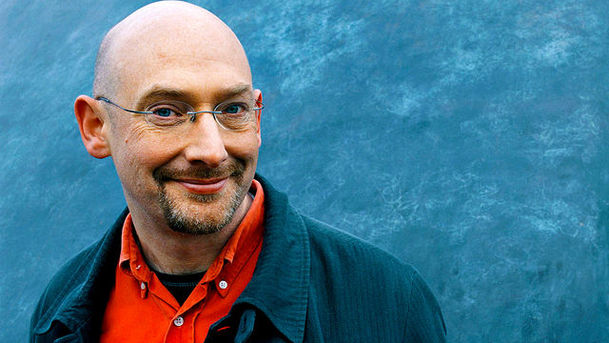
Material World - 05/11/2009
Quentin Cooper dissects the week's science. DNA nano-machines; the demise of the Nazca; SMOS satellite.
Details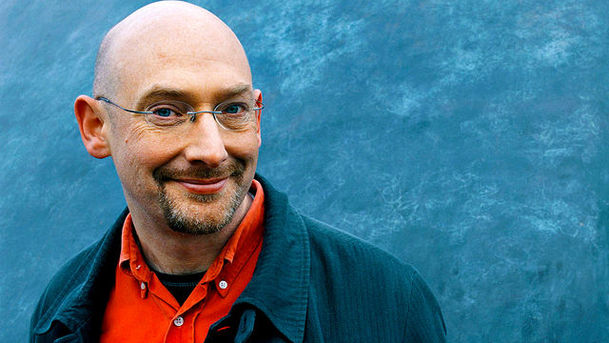
Material World - 06/01/2011
2011 is the International Year of Chemistry. Quentin Cooper discusses the largest molecule, how legitimate research led to designer drugs, rare earth elements, and green chemistry.
Details
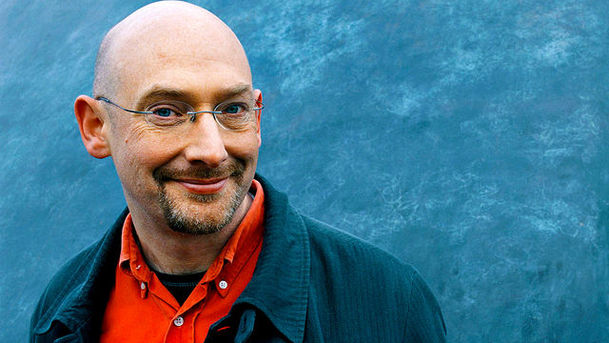
Material World - 06/05/2010
Quentin Cooper investigates the science of plasmonics, the ultimate ability to control light.
Details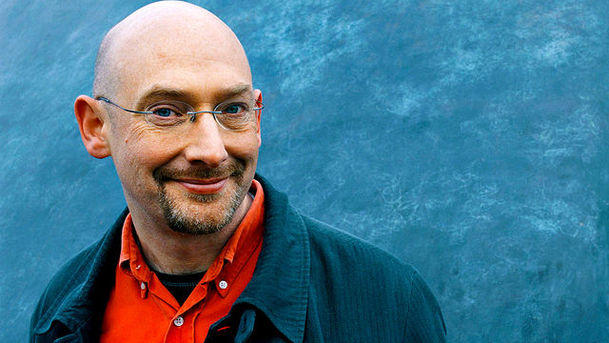
Material World - 06/08/2009
Brain scans start to probe what is different about criminal psychopaths; mice grown, egg-free, from single skin cells; the technology that makes remote-control war possible.
Details
Material World - 06/09/2007
Quentin Cooper sifts through our dustbins to see just how much we could recycle if we really wanted to.
Details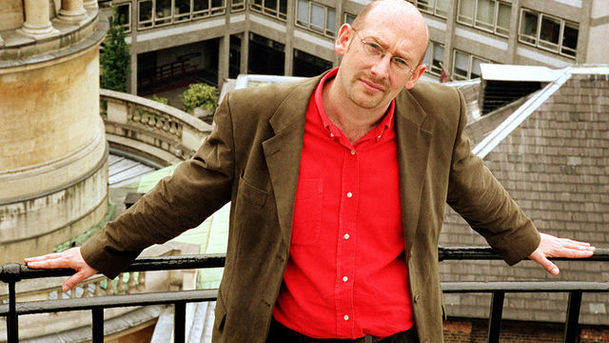
Material World - 06/11/2008
Quentin Cooper explores new research looking into the geological process known as the Deep Carbon Cycle, and the effect that it may have on the climate.
Details
Material World - 06/12/2007
Quentin Cooper talks to Jan Evans-Freeman and Rachel Oliver, who are leading Light Emitting Diode technology towards a brighter future.
Details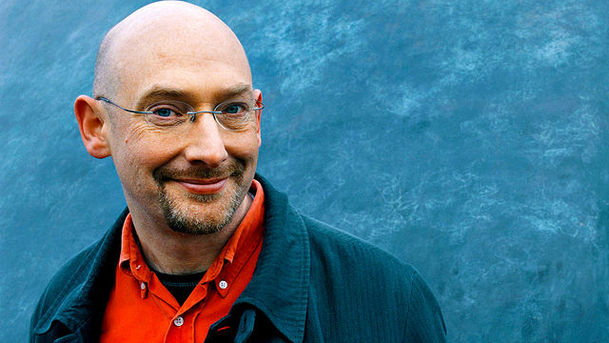
Material World - 07/01/2010
So you want to be a scientist? Radio 4 hunts for original ideas that people can investigate from their kitchen, shed or local park.
Details
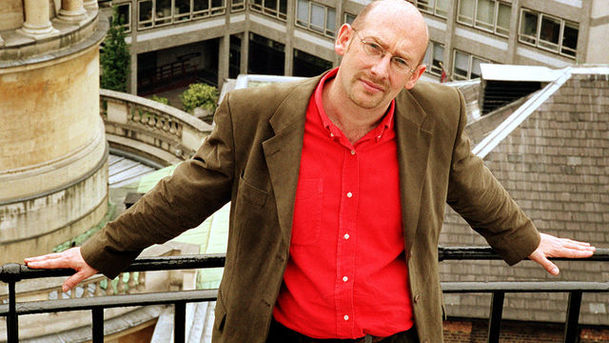
Material World - 07/05/2009
Quentin Cooper looks at the 'Two Cultures' divide in goverment. Sir David King and Professor John Marburger discuss science in Whitehall and in the White House.
Details
Material World - 07/06/2007
Quentin Cooper talks to the inventors of new materials which can map potential areas of decay in children's teeth.
Details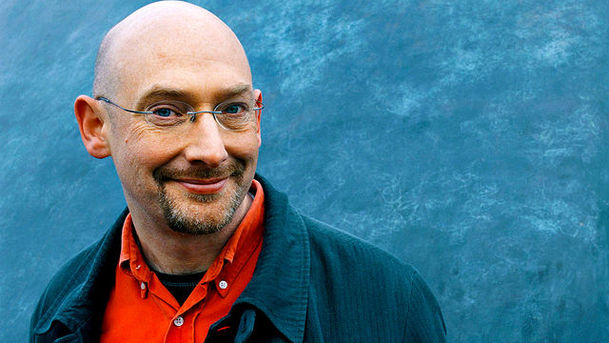
Material World - 07/10/2010
Quentin Cooper and guests assess the latest Nobel Science Prizes.
Details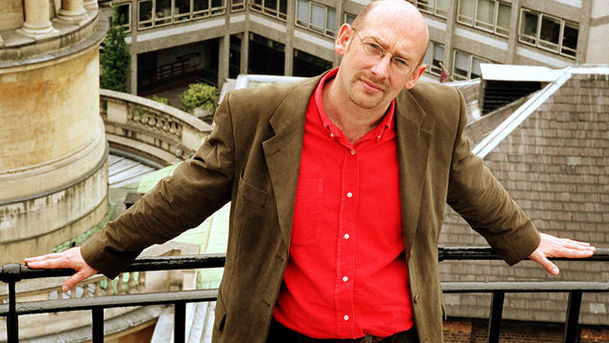
Material World - 08/01/2009
Quentin Cooper meets students from Leicester and Milton Keynes who are designing space dust detectors to orbit the Earth and biology experiments that will circle the Moon.
Details
Material World - 08/02/2007
New techniques in 3D underwater imaging have produced the first incredibly detailed images of the offshore war grave of the Royal Oak, a Second World War warship.
Details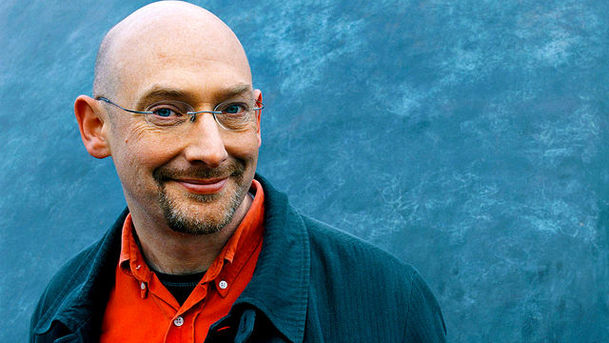
Material World - 08/04/2010
Quentin Cooper looks at a tsunami simulator to test how buildings can resist powerful waves created by earthquakes. Plus how first flowerings reveal effects of climate change.
Details
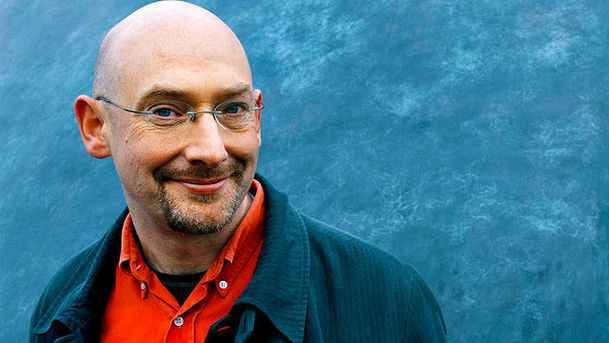
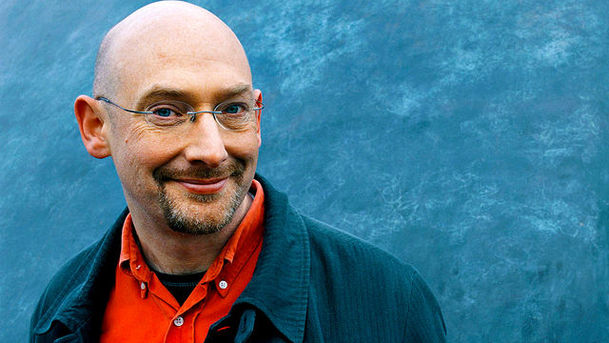
Material World - 08/10/2009
With the announcement of a new batch of Nobel Prizes in Medicine, Chemistry and Physics, Quentin Cooper assesses the new Laureates' impact on science.
Details
Material World - 08/11/2007
Quentin Cooper talks to Prof Andy McIntosh about his research into the Bombardier beetle, an amazing insect which sprays its predators with a toxic blast of steam.
Details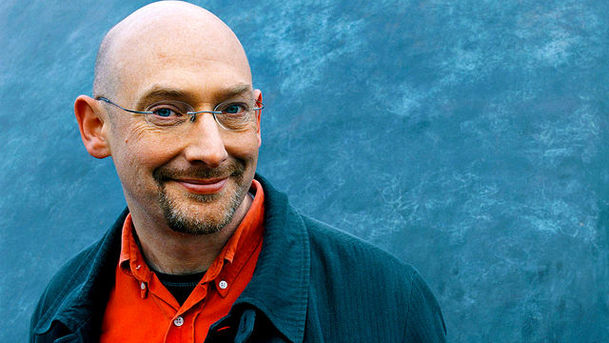
Material World - 09/04/2009
Quentin Cooper discusses the Italian earthquake, celebrates Concorde's 40th anniversary and asks if brain scans can shed light on our emotions and aesthetic sensibilities.
Details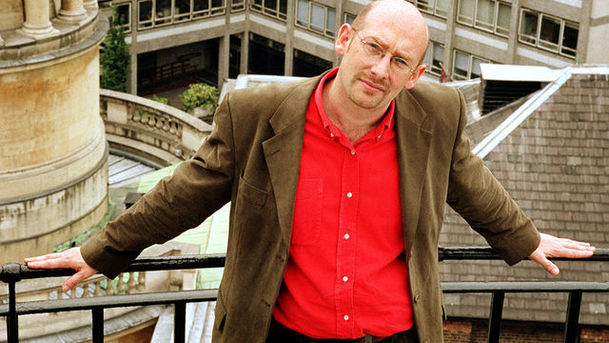
Material World - 09/07/2009
Quentin Cooper hears about the birth of an ocean - in the Afar triangle off the Horn of Africa, which is breaking away from the mother continent.
Details
Material World - 09/08/2007
Quentin Cooper visits residential schools, each looking at a different area of science. In Bath, he meets students on the Technology in Action course (1/4).
Details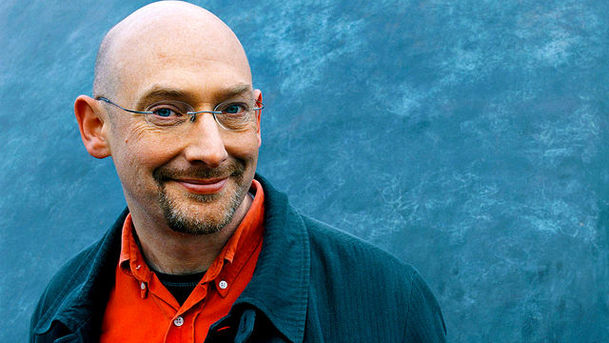
Material World - 09/09/2010
Quentin Cooper discusses Business Secretary Vince Cable's plans to squeeze funding for scientific research; plus eels, early man's tool use and the Facebook profile experiment.
Details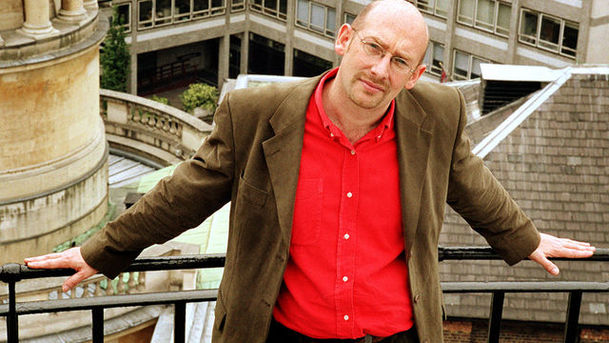
Material World - 09/10/2008
Quentin Cooper joins Dr David Robinson of the Open University as he hunts in the dark for the crickets at Wittenham Clumps in Oxfordshire.
Details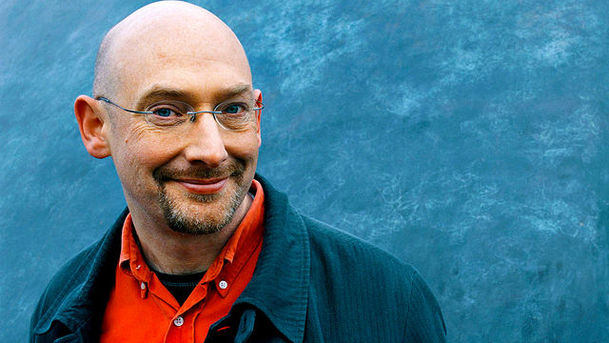
Material World - 09/12/2010
Quentin Cooper looks into the science stories of the week and speaks to scientists who are making the headlines.
Details
Material World - 10/01/2008
Quentin Cooper is joined by Melissa Terras from University College, London, to find out how a new imaging technique is shedding light on everyday life in Roman Britain.
Details
Material World - 10/04/2008
Quentin Cooper reveals how the charred remains of ancient cereal grains reveal how and when domesticated crops spread through Europe.
Details
Material World - 10/05/2007
Quentin Cooper investigates Cafe Scientifique, an informal discussion forum where ideas in science and technology can be explored outside a traditional academic environment.
Details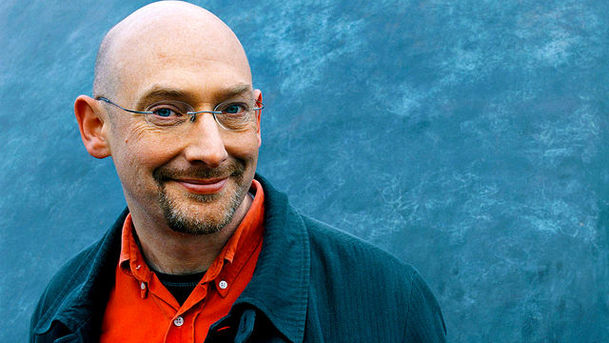
Material World - 10/06/2010
Quentin Cooper presents a feast of science, from culinary chemistry to the Antarctic food chain, by way of conker canker and the psychology of penalty kicks.
Details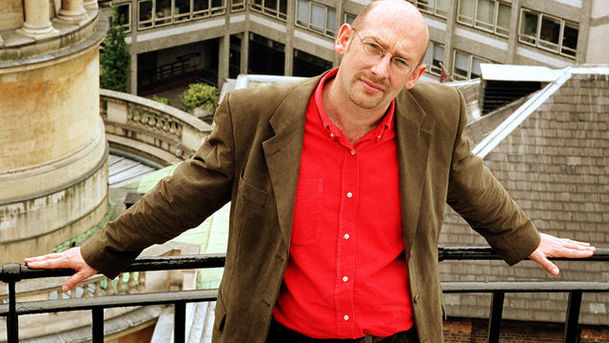
Material World - 10/07/2008
Quentin Cooper explores metabolomics and is joined by Julian Griffin from Cambridge University to discuss the early warning role that the study of molecules in the body could play.
Details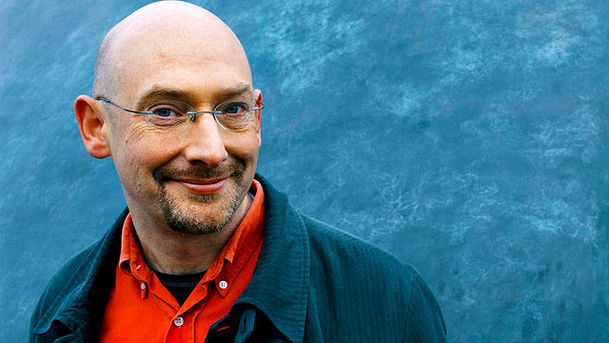
Material World - 10/09/2009
Quentin Cooper hears what became of the Large Hadron Collider, one year on from the much-vaunted Big Bang Day. When will it start operating again?
Details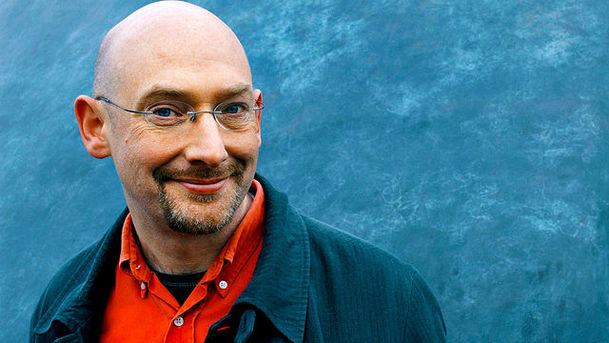
Material World - 10/12/2009
Quentin Cooper hears more about geoengineering as a possible solution to climate change; observatories on the sea floor; the latest from the launchpad of NASA's WISE mission.
Details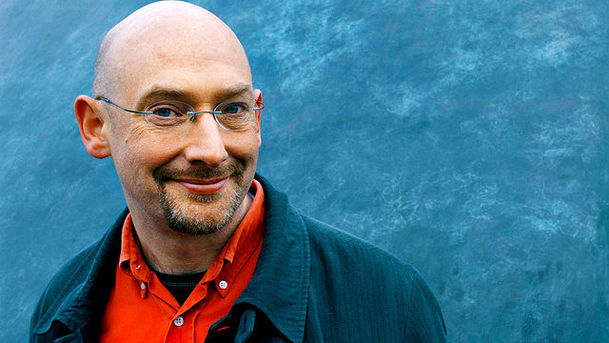
Material World - 11/02/2010
The future for car technology after the Toyota car recall; end of an era as BBC's historic R&D department closes; 4,000 year-old-human genome revealed; quantum physics.
Details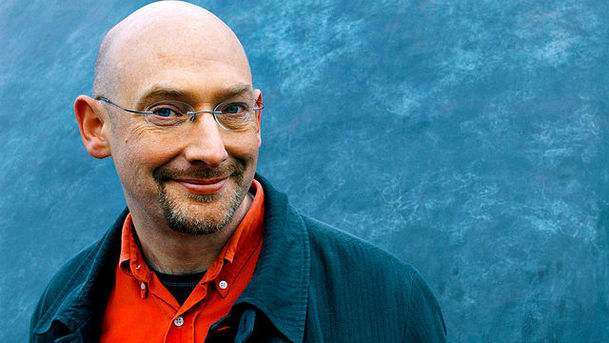
Material World - 11/03/2010
Science and the recession: can blue skies research help rebuild our economy, as the Royal Society suggests?
Details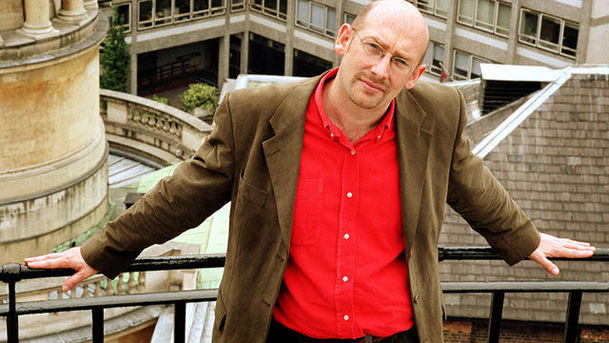
Material World - 11/06/2009
Is a low energy house really possible? Plus, how does the swine flu model work?; the new anti-biotic technique; and why we are safer than we thought from inter-planetary collision.
Details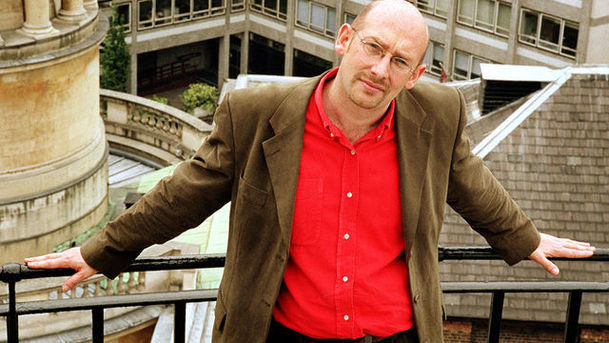
Material World - 11/09/2008
Quentin Cooper reports from the British Association Science Festival in Liverpool. Including features on forensic science in fact and fiction and the links between music and memory.
Details
Material World - 11/10/2007
Quentin Cooper talks to Mike Majerus, professor of evolution at Cambridge University, about the Peppered Moth and its significance in the debate about Darwin's evolutionary theory.
Details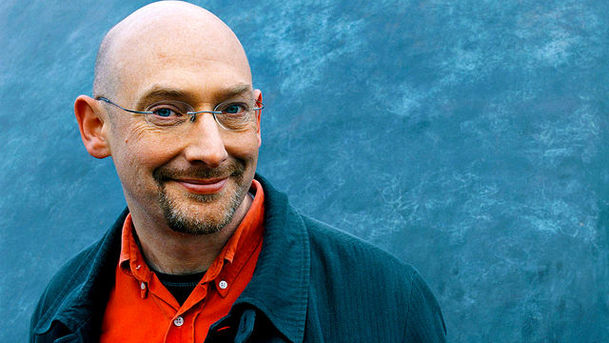
Material World - 11/11/2010
Quentin Cooper looks into bigger bangs at CERN, last winter's deep cold and invisibility cloaks.
Details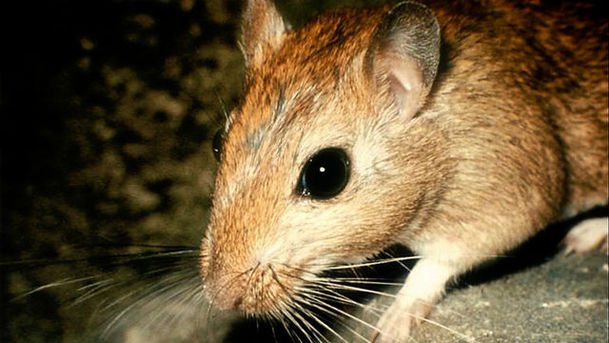
Material World - 11/12/2008
Quentin Cooper is joined by infectious diseases expert Michael Begon to discuss the transmission of plague through gerbil populations, particularly those in Kazakhstan.
Details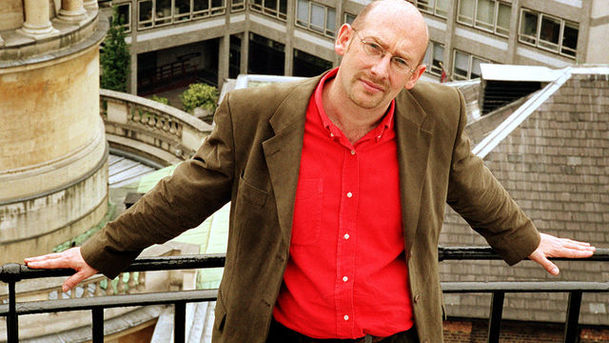
Material World - 12/02/2009
Quentin Cooper finds out if humans can sense pheromones, the subliminal chemical language of scents that is a key means of communication between animals.
Details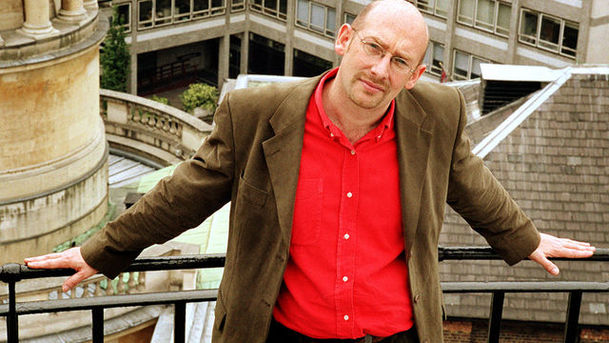
Material World - 12/03/2009
Quentin Cooper hears about the ribosome - the DNA code reading machine in every cell in our bodies, indeed in all cells in every living organism.
Details
Material World - 12/04/2007
Quentin Cooper talks to scientists from the Royal Observatory in Edinburgh about SCUBA-2, a new instrument designed to scan the skies for evidence of how galaxies and planets form.
Details
Material World - 12/06/2008
Quentin Cooper looks at the iodine content of seaweed, its uses for medicinal purposes over the centuries, and its connection to local weather and climate.
Details
Material World - 12/07/2007
Quentin Cooper finds out how the animals our ancestors took with them on their journeys, however unwittingly, are helping researchers trace ancient migrations.
Details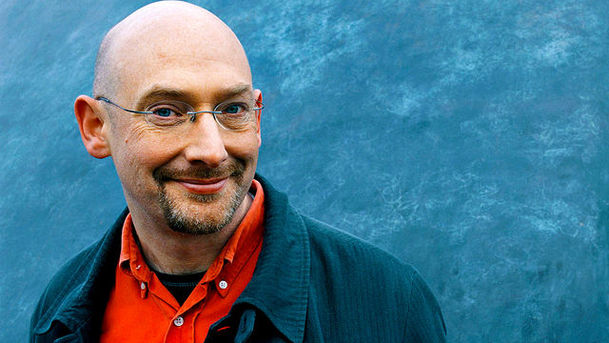
Material World - 12/08/2010
Quentin Cooper dissects the latest science. Includes features on the Perseid meteor shower, a new carbon capturing project in California, and efforts to make cheaper solar cells.
Details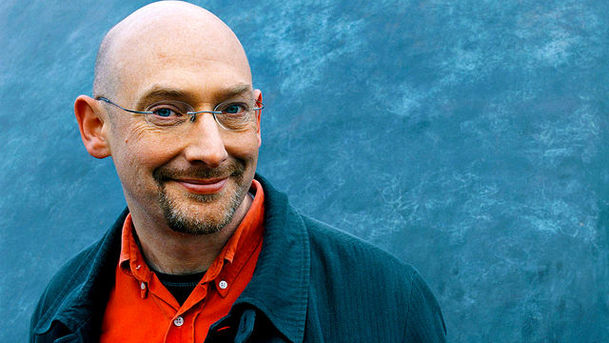
Material World - 12/11/2009
Quentin Cooper presents a special edition from Cardiff University. Including the latest thoughts on the ecological impact of the proposed Severn Barrage.
Details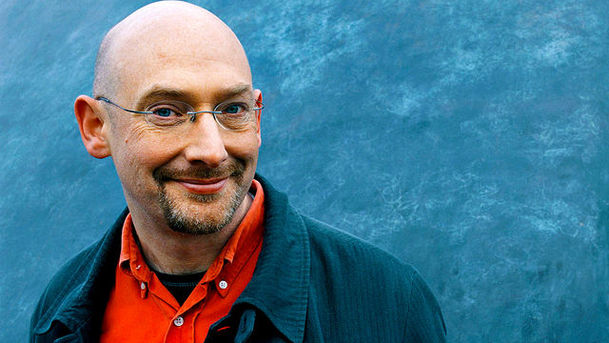
Material World - 13/01/2011
Quentin Cooper looks into the science stories of the week and speaks to the scientists who are making the headlines.
Details
Material World - 13/03/2008
Sue Nelson investigates research into a new generation of lighter, cleaner and more powerful batteries, capable of powering anything from hybrid cars to microchips.
Details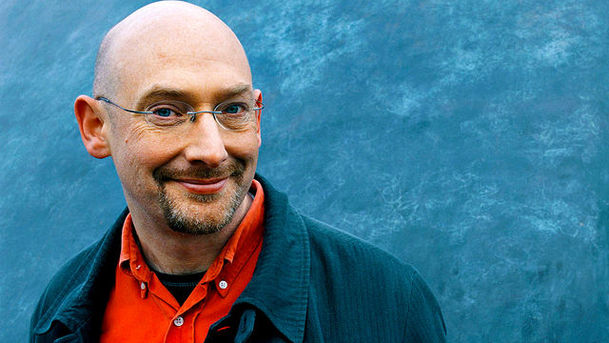
Material World - 13/05/2010
Quentin Cooper dissects the latest science. Deep water exploration, the maths of electoral reform, snail trails and lasers turn 50.
Details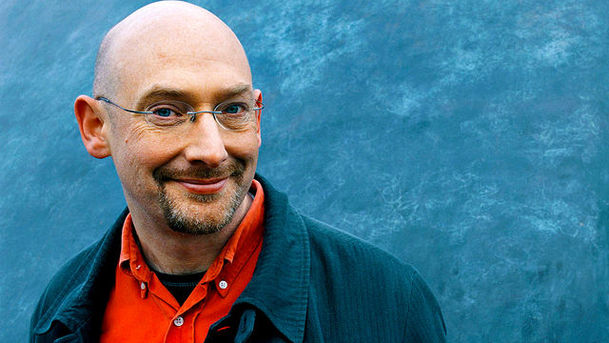
Material World - 13/08/2009
Quentin Cooper hears about the Burgess Shale fossil field, 100 years after its discovery. Medieval hurricanes were worse: are we heading that way again? Saturn's rings at equinox.
Details
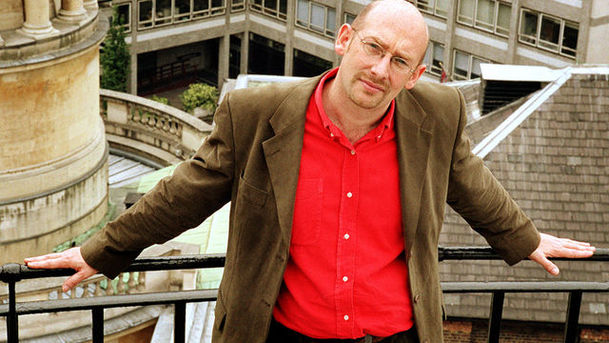
Material World - 13/11/2008
Quentin Cooper finds out how the fruit fly is providing scientists with intriguing clues about how the brain works and what happens when it goes wrong.
Details
Material World - 13/12/2007
Quentin Cooper reports on the restoration of the Cutty Sark six months after fire ripped through the world's last surviving tea clipper.
Details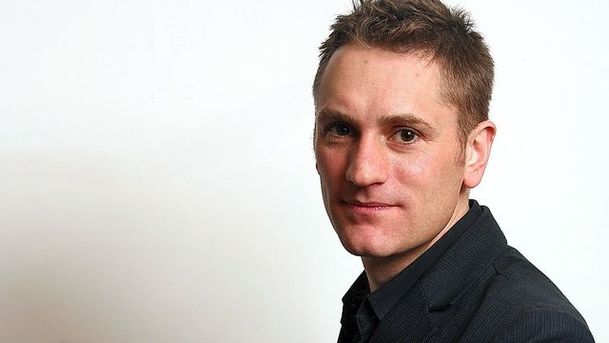
Material World - 14/01/2010
Gareth Mitchell finds out about the coldest place on Earth; the ALMA telescope in Chile; Neanderthal culture; dog diversity.
Details
Material World - 14/02/2008
Quentin Cooper learns about a volcano which erupted through the Antarctic sea ice more than 2,000 years ago, sending ash and gas 12km into the air.
Details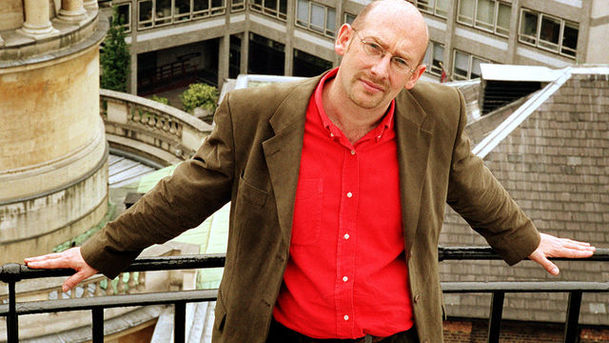
Material World - 14/05/2009
As the astronauts of the last Hubble Space Telescope Servicing Mission embark upon the first gruelling spacewalk, Quentin Cooper reports on their hopes and fears.
Details
Material World - 14/06/2007
Quentin Cooper takes a walk on the wild side in our cities, exploring the ecology of urban landscapes.
Details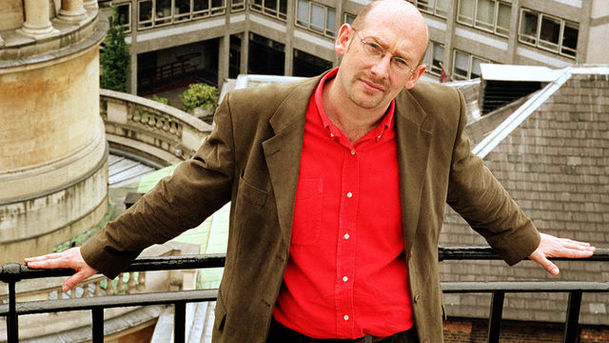
Material World - 14/08/2008
Quentin Cooper investigates new methods of utilising heavy oil. Unlike conventional light oil, heavy oil is very viscous in its natural state, making it very difficult to extract.
Details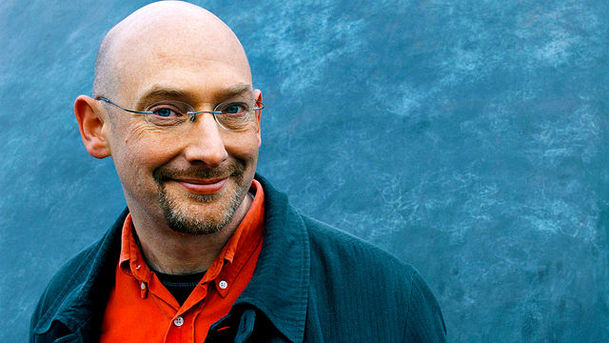
Material World - 14/10/2010
Stem cell trials; human remains and archaeology; and a brief encounter with a comet chaser.
Details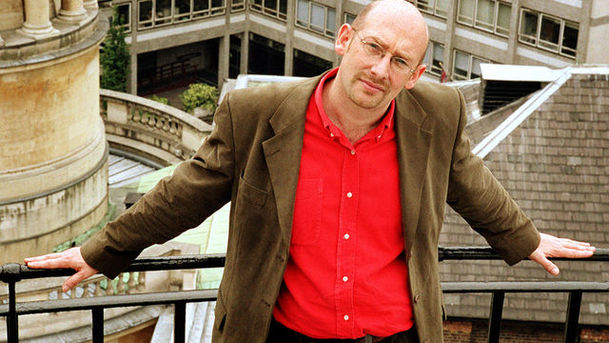
Material World - 15/01/2009
Quentin Cooper investigates the nature of superorganisms such as ant and termite colonies and asks if human society could be heading the same way.
Details
Material World - 15/02/2007
Quentin Cooper talks to Damian Murphy from York University who is using the latest acoustic mapping techniques to re-create the exact sound of ancient and new buildings.
Details
Material World - 15/03/2007
Quentin Cooper looks into the life and work of the relatively unknown but extraordinarily prolific mathematician Leonhard Euler, who was born 300 years ago this year.
Details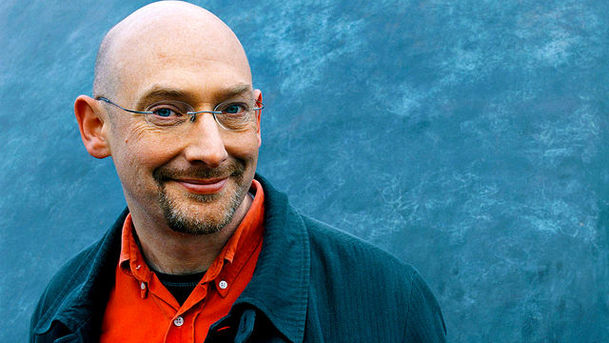
Material World - 15/04/2010
Quentin Cooper reports from the Edinburgh International Science Festival on the potential of synthetic life and the ethical questions it raises.
Details
Material World - 15/05/2008
Quentin Cooper is joined by archaeologist Charlotte Roberts and geneticist Terry Brown, who have joined forces to research how the TB bacterium has evolved over the centuries.
Details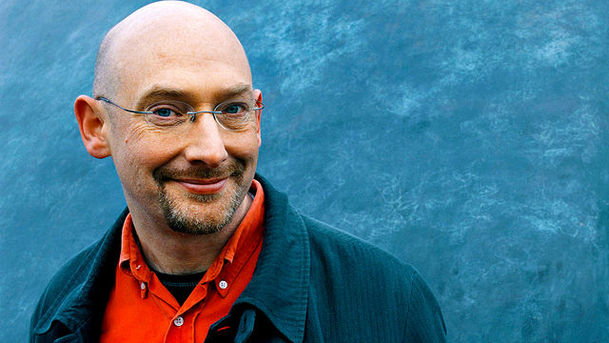
Material World - 15/07/2010
Quentin Cooper with the latest from the BP oil spill, the L'Aquila earthquake blame game and the MP behind the Parliamentary Group for Life Sciences.
Details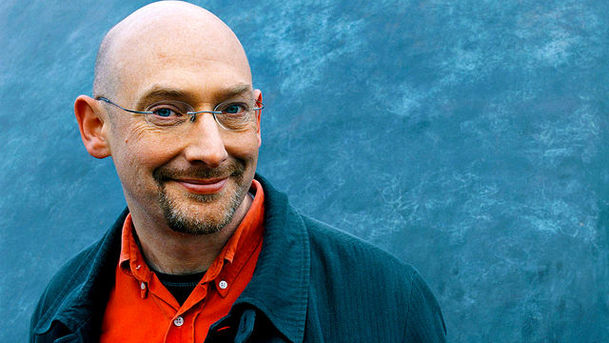
Material World - 15/10/2009
Arctic ice loss; an inflating universe - Prof Alan Guth explains his award-winning theory; 10 per cent of world's wild plants banked at Kew Seed Bank - what about the other 90?
Details
Material World - 15/11/2007
With Quentin Cooper. Last year a team of scientists predicted that by 2050 the world would lose the vast majority of fish species. Are they right and can anything be done?
Details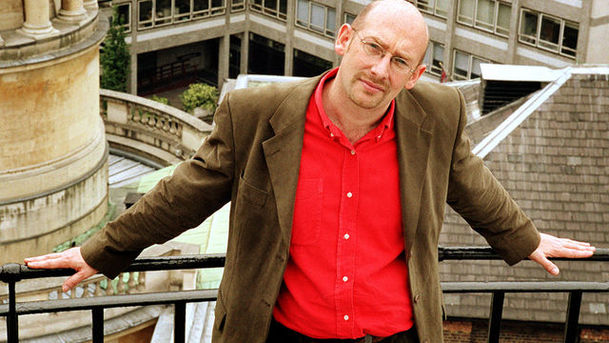
Material World - 16/04/2009
Quentin Cooper talks from Edinburgh International Science Festival about carbon capture and storage, insect robots and the life of John Maddox, former editor of the journal Nature.
Details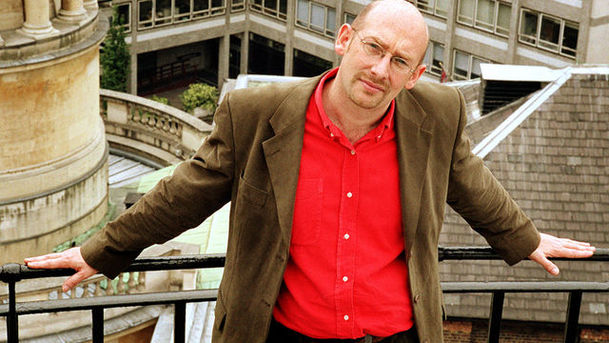
Material World - 16/07/2009
Quentin Cooper talks to the scientists chasing the solar eclipse that will stretch from India to the South Pacific, via Shanghai.
Details
Material World - 16/08/2007
Quentin Cooper joins a group of Open University geology students on a field trip to Staithes in North Yorkshire. The students are looking for fossils in the cliffs.
Details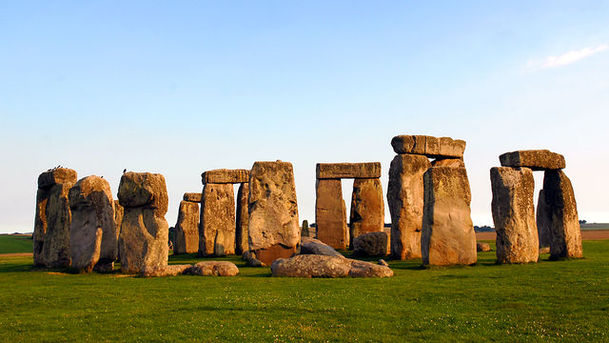
Material World - 16/10/2008
Quentin Cooper finds out how prehistoric cattle teeth may provide vital clues to unlocking the enduring mystery of what went on at Stonehenge.
Details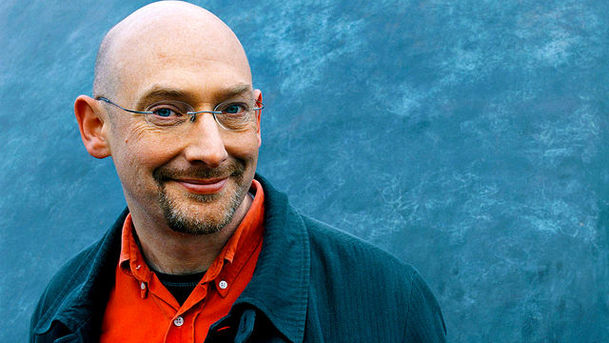
Material World - 16/12/2010
Quentin Cooper looks into the science stories of the week and speaks to scientists who are making the headlines.
Details
Material World - 17/01/2008
Agriculture is under pressure from plant fungi and viruses which attack crops and reduce yields. Quentin Cooper is joined by Gary Lyon and John Lucas to discuss possible solutions.
Details

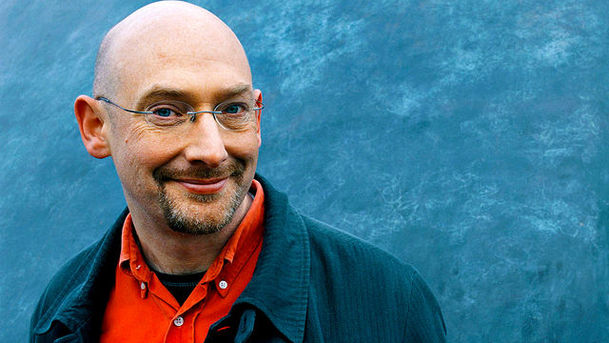
Material World - 17/06/2010
Quentin Cooper on science lessons for MPs, the bionic bulldog, animal ethics and a strange new material for blast-proof curtains.
Details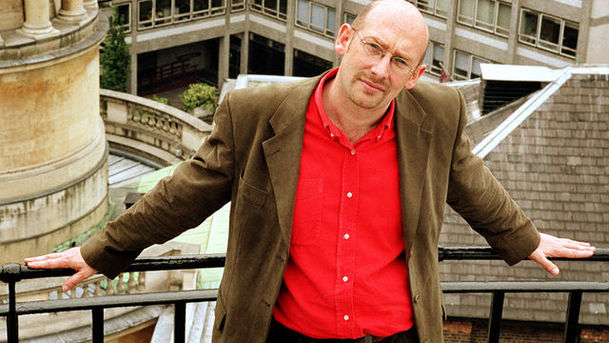
Material World - 17/07/2008
Diana Edwards joins Quentin Cooper to discuss restoration efforts in Venice's Basilica di San Marco, where repeated flooding is slowly destroying the cathedral's priceless mosaics.
Details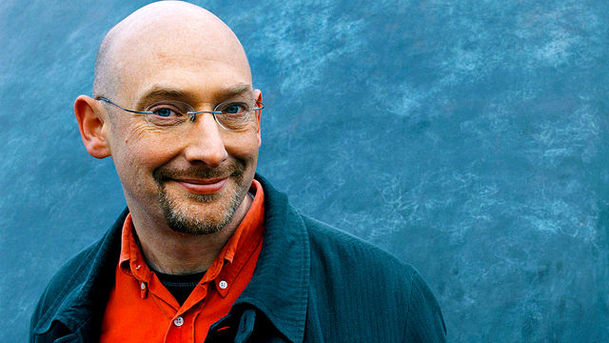
Material World - 17/09/2009
Protecting the ozone layer and the climate at the same time; keeping the green revolution going; and the cup and the cuppa - what determines the taste of tea?
Details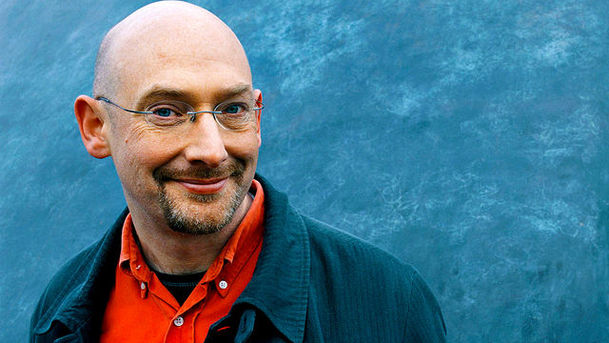
Material World - 17/12/2009
Carbon dioxide levels three million years ago and predicting our climate future; telescope reveals heat of cosmic creation; lung and skin cancer's are genetically mapped.
Details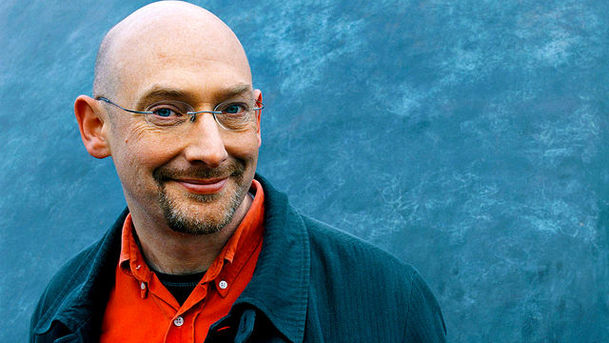
Material World - 18/02/2010
In 2005, CryoSat crashed in the Arctic during launch. Now, CryoSat-2 is on the launch pad. Quentin Cooper hears why it is crucial to our understanding of climate change.
Details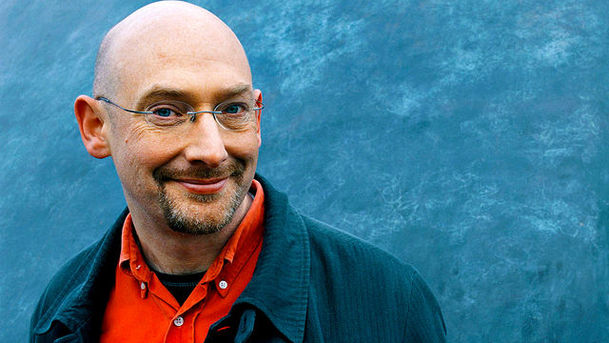
Material World - 18/03/2010
How does science handle the issue of uncertainty? Artificial photosynthesis for green biofuels. A UK space agency - why?
Details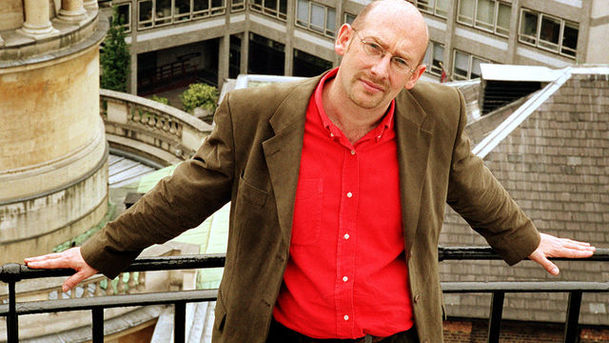
Material World - 18/06/2009
Quentin Cooper checks out 120,000 year-old microbes, recently thawed from Greenland's ice, the complex maths behind football's calendar and Leominster's air.
Details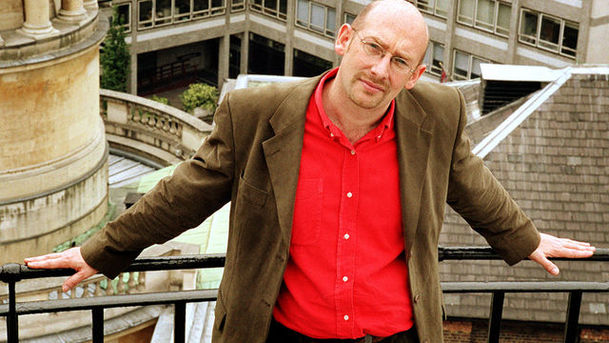
Material World - 18/09/2008
Volcanoes may be large and explosive, but their effects are now seen to be pervasive in the most unlikely areas. Quentin Cooper investigates.
Details
Material World - 18/10/2007
The number of left-handed people has reached record levels. Quentin Cooper talks to psychologist Professor Chris McManus to find out why.
Details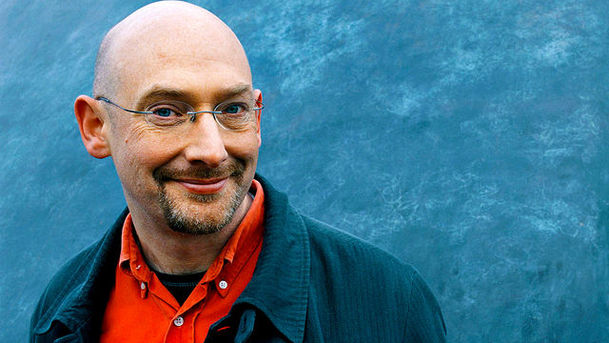
Material World - 18/11/2010
Quentin Cooper looks into the science stories of the week. Including the development of disease resistant crops, and the exhumation the body of Danish astronomer Tycho Brahe.
Details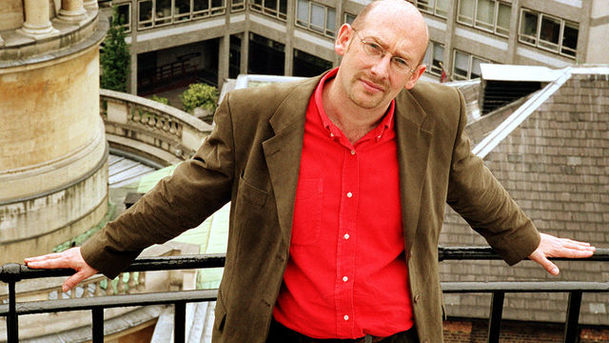
Material World - 18/12/2008
Quentin Cooper discusses the work of early-20th century physicist Enrico Fermi and discovers how sensible estimations are helping to unravel both the magnificent and the mundane.
Details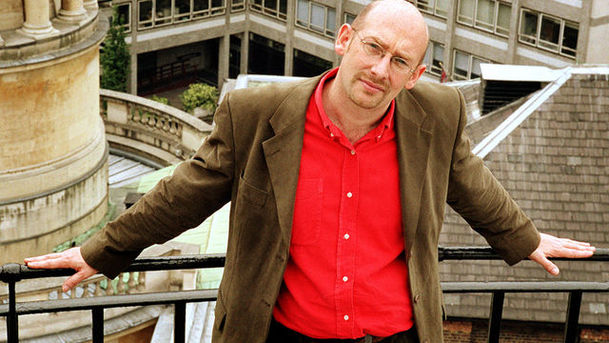
Material World - 19/02/2009
Quentin Cooper investigates the cultural and genetic evolution of language, with Professor Nick Chater and Professor Mark Pagel.
Details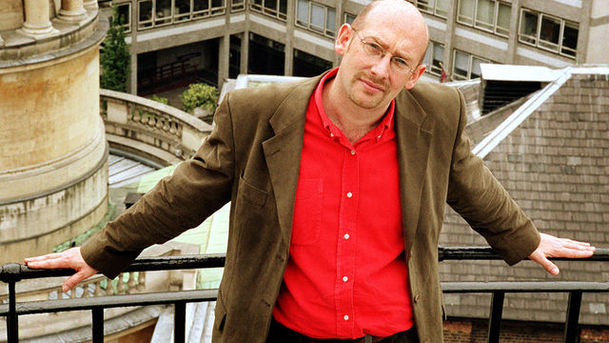
Material World - 19/03/2009
Quentin Cooper hears about problems in the supply of medical isotopes, one of the staples of modern medicine which allow doctors to track down damaged tissue and diseased organs.
Details
Material World - 19/04/2007
Quentin Cooper explores scientific developments, with mathematics under the spotlight.
Details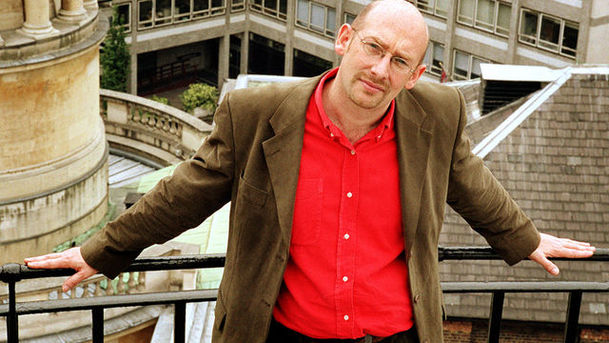
Material World - 19/06/2008
Sixty years ago, Manchester University's Baby became the world's first stored-program electronic digital computer. Quentin Cooper celebrates its anniversary and explores its legacy.
Details
Material World - 19/07/2007
Sooty grime on ancient buildings hold a detailed record of the smoke and pollutants our ancestors put into the air. Quentin Cooper peers into the smog of London's past.
Details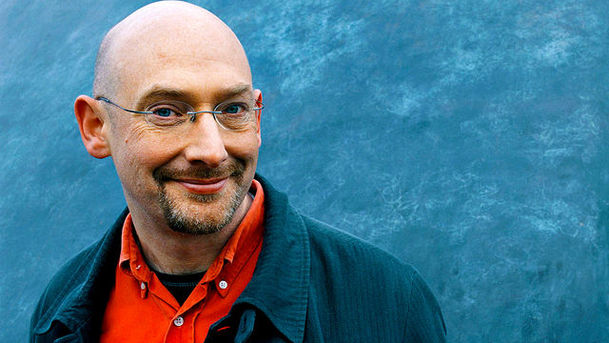
Material World - 19/08/2010
Gareth Mitchell explores DIY on the International Space Station, why our cities are hotting up, monitoring the German wolf population and why we don't listen to scientists.
Details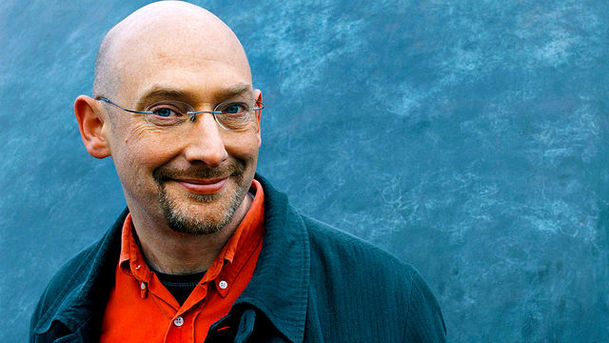
Material World - 19/11/2009
Quentin Cooper reports on the latest climate change science research ahead of the Copenhagen summit, and finds out about 'algaetecture'.
Details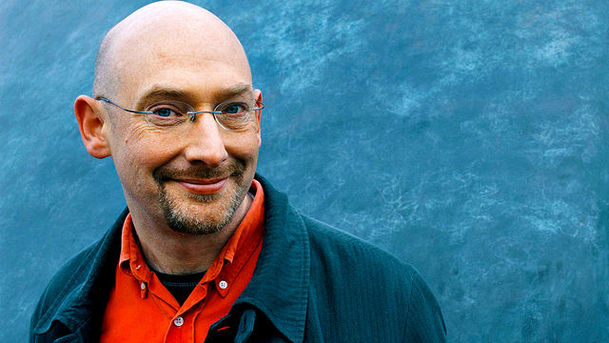
Material World - 20/01/2011
Quentin Cooper looks into the science stories of the week and speaks to the scientists who are making the headlines.
Details
Material World - 20/03/2008
Quentin Cooper investigates new research by neuroscientists who are attempting to further our understanding of how the brain processes complex sounds such as music and speech.
Details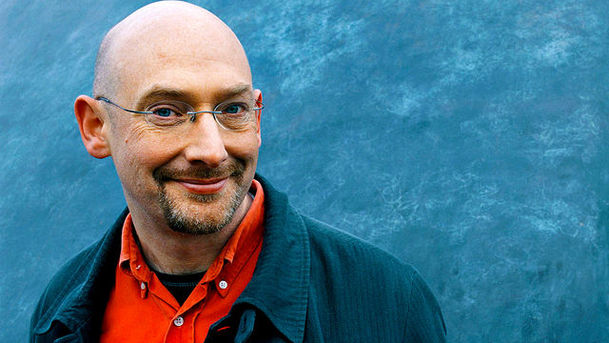
Material World - 20/05/2010
Quentin Cooper dissects the latest science. Including cleaning up the oil spill, biodiversity, tree rings and quantum kilograms.
Details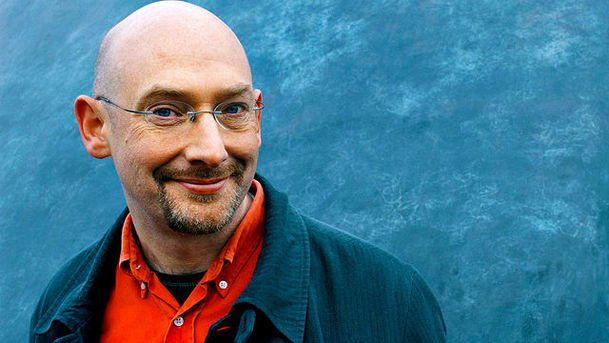
Material World - 20/08/2009
Usain Bolt is fast, but how much faster is it possible to run? Is algae a growing problem? Magnets are used to manipulate stem cells. The politics of naming celestial bodies.
Details
Material World - 20/09/2007
Quentin Cooper investigates the arithmetic of road pricing and broadband charges.
Details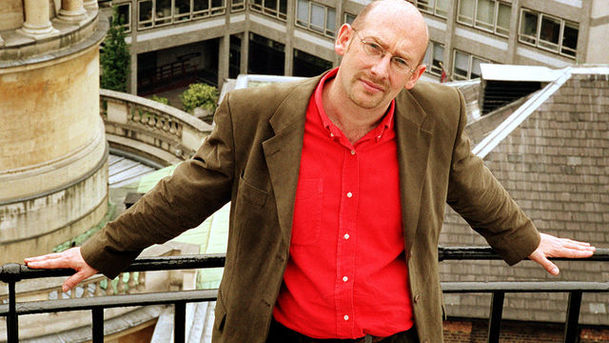
Material World - 20/11/2008
Quentin Cooper joins Open University scientists on Mount Etna, who have been monitoring Europe's most active volcano for more than 30 years.
Details
Material World - 20/12/2007
Quentin Cooper is joined by phoneticians Francis Nolan and Peter French, who discuss how computers can pick out strange vocal traits and the inadequacies of human voice recognition.
Details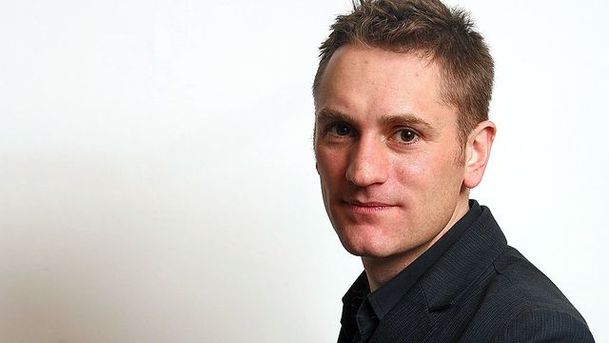
Material World - 21/01/2010
Gareth Mitchell investigates the latest science news and takes a look at 1,001 ancient inventions from the Muslim world at an exhibition at the Science Museum in London.
Details
Material World - 21/02/2008
Quentin Cooper investigates solar power and how it can most effectively be utilised in providing the country's energy needs.
Details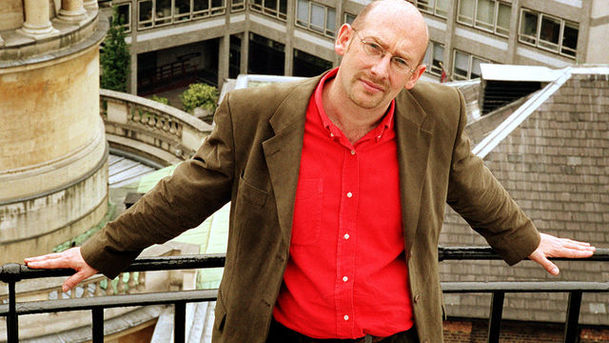
Material World - 21/05/2009
Quentin Cooper looks at the maths of scrappage, the evolutionary history of flowers and the science of Ida, the supposed missing link between the primates and the other mammals.
Details
Material World - 21/06/2007
Sue Nelson talks to Ken Arnold, director of the new Wellcome Collection in London, boasting 1,300 medical exhibits from Aztec sacrificial knives to Dolly the sheep's fleece.
Details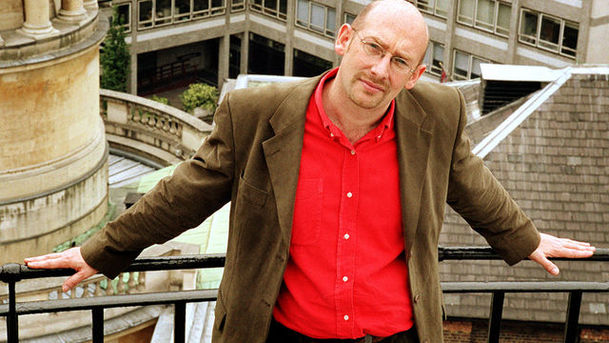
Material World - 21/08/2008
Quentin Cooper investigates Europe's new satellite GOCE, designed to map the Earth's gravitational field. This should further our understanding of climate change.
Details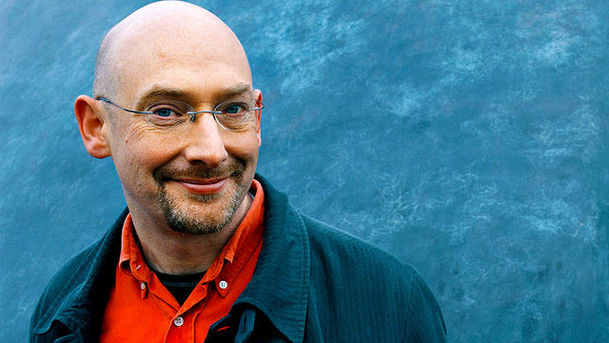
Material World - 21/10/2010
Science Minister David Willetts tells Quentin Cooper and a panel of experts about the effects of the spending review on the research budget.
Details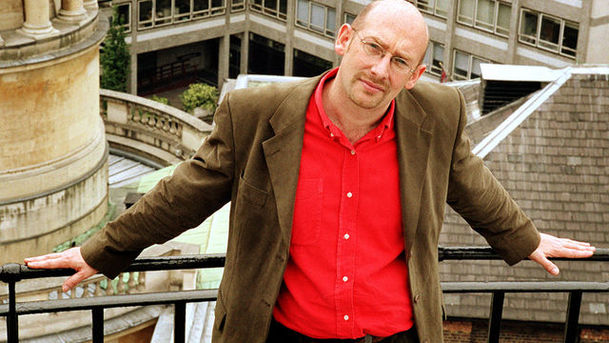
Material World - 22/01/2009
Quentin Cooper hears how neutrons in a state-of the-art particle accelerator are revealing the secrets of materials, from spider silk to Samurai swords.
Details
Material World - 22/02/2007
Quentin Cooper talks to neuroscientist Professor Sophie Scott about her research on the brain cells that determine why when we hear laughter, we feel compelled to join in.
Details
Material World - 22/03/2007
A number of long-term studies are currently in progress in the UK, aimed at looking at the health of the nation over time. Quentin Cooper investigates.
Details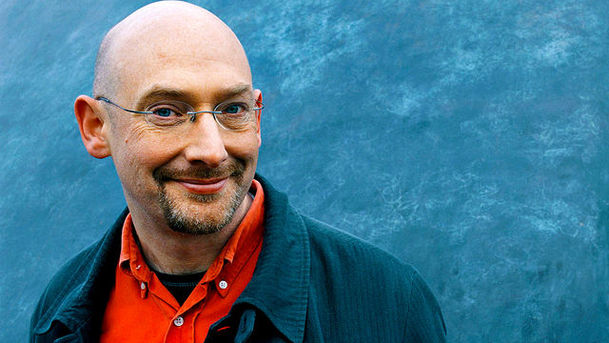
Material World - 22/04/2010
Quentin Cooper reveals the finalists of the So You Want To Be A Scientist talent search. Plus volcanic ash: how to see it, track it, predict it and what it does to a jet engine.
Details
Material World - 22/05/2008
Quentin Cooper finds out how a unique collaboration between scientists at Leicester University and Northamptonshire Police has come up with ingenious new crime-fighting techniques.
Details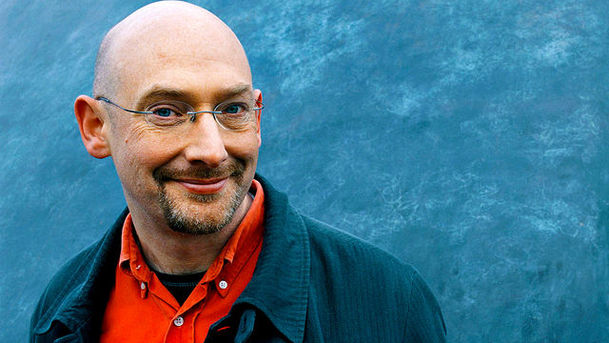
Material World - 22/07/2010
Quentin Cooper on the latest security scanner, earworms, First World War forensics, Facebook profiles and the search for the 'God particle'.
Details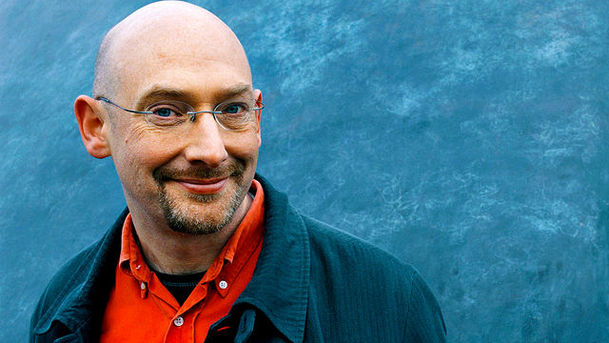
Material World - 22/10/2009
NASA is about to test launch its massive Ares 1 rocket, the replacement for the Shuttle; Ardi the human ancestor; what's wrong with Ida?
Details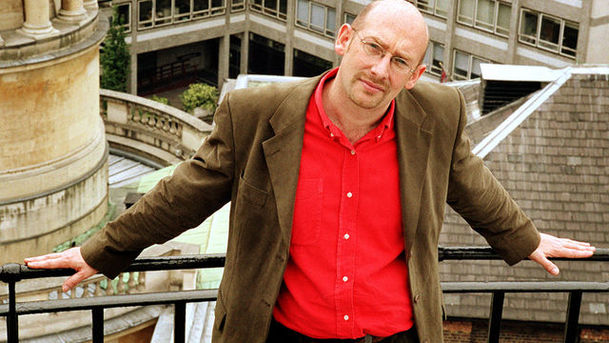
Material World - 23/04/2009
Quentin Cooper talks emotions in machines at a Royal Society conference, to a lawyer about doomsday asteroids and to the UK innovator of a cheap genome sequencing device.
Details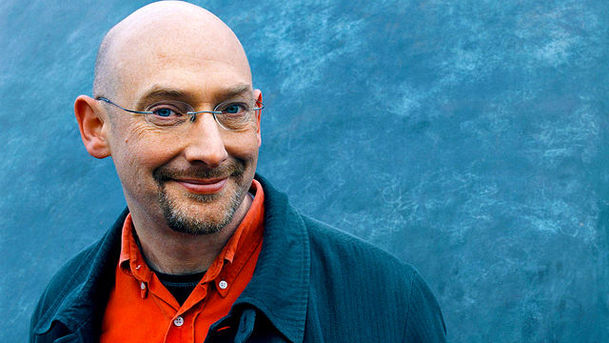
Material World - 23/07/2009
Mirrors left on the moon by the Apollo 11 astronauts in 1969 are helping to test Einstein's theories of gravity. Plus the 400th anniversary of the first telescopic map of the moon.
Details
Material World - 23/08/2007
Quentin Cooper joins students on an Open University course studying the environment in the Yorkshire Dales. The students are learning how to observe different types of vegetation.
Details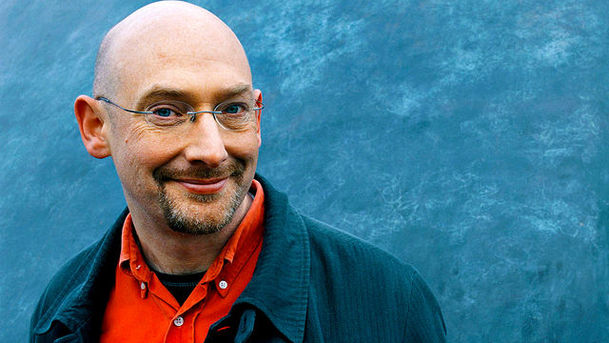
Material World - 23/09/2010
Quentin Coopers looks at gene therapy, 20 years after the first trial. Plus forensic archaeology in the search for the 'disappeared' from Northern Ireland's troubles.
Details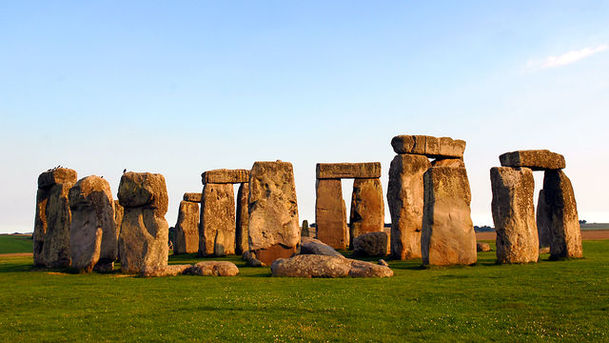
Material World - 23/10/2008
Quentin Cooper finds out how prehistoric cattle teeth may provide vital clues to unlocking the enduring mystery of what went on at Stonehenge.
Details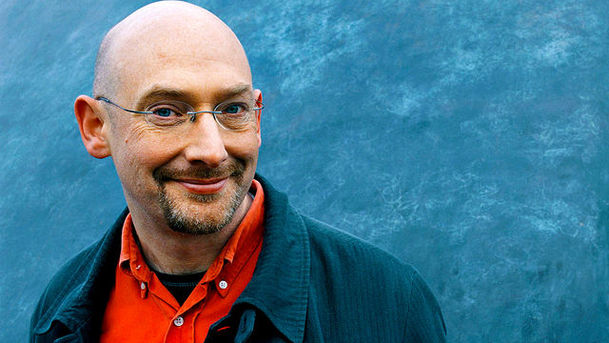
Material World - 23/12/2010
Science stories of the week. Featuring man's latest hominid cousin, lessons from Einstein, and cooking the perfect Christmas turkey.
Details
Material World - 24/01/2008
Quentin Cooper investigates the complex chemical language used by bacteria to communicate with each other. He finds out how scientists are interpreting this.
Details
Material World - 24/04/2008
The military are always looking for new ways to keep their ships, vehicles and aircraft undetected. Quentin Cooper investigates.
Details
Material World - 24/05/2007
Quentin Cooper explores the 100-year history of plastics, from Bakelite to plant-based polymers, and asks what the future may bring.
Details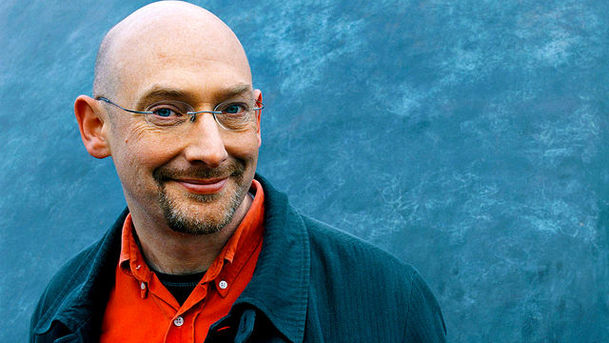
Material World - 24/06/2010
Could Venus actually be very similar to Earth? Quentin Cooper finds out if the two planets may at one time have been almost identical.
Details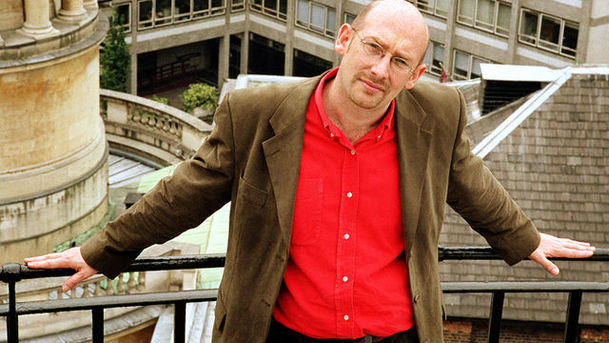
Material World - 24/07/2008
Quentin Cooper explores the possibility of life on Mars. Does the presence of water mean that Mars could have supported life and what can this tell us about our own future?
Details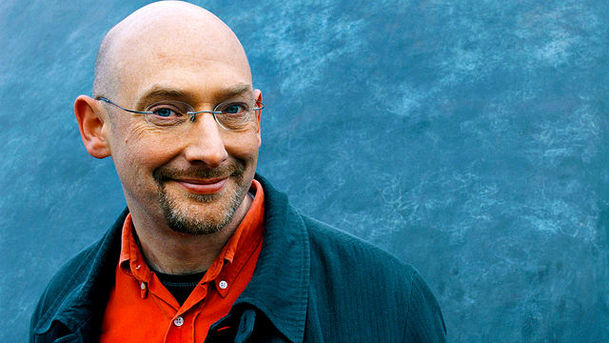
Material World - 24/09/2009
Quentin Cooper and guests dissect the week's science. New hopes of an effective AIDS vaccine; the wet summer of 2009; a new carbon-fibre violin.
Details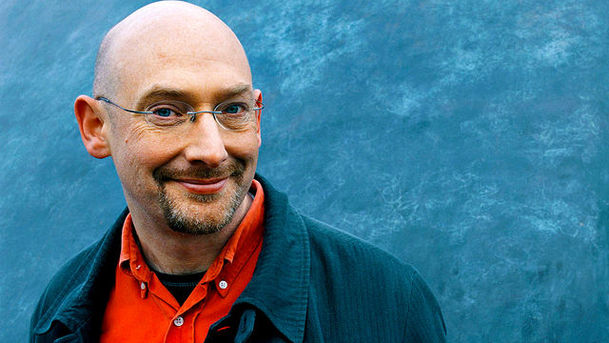
Material World - 24/12/2009
Quentin Cooper puts listeners' questions to a panel of experts. Can crunching celery undo the damage of too many mince pies? How fast is gravity? And why is slug slime sticky?
Details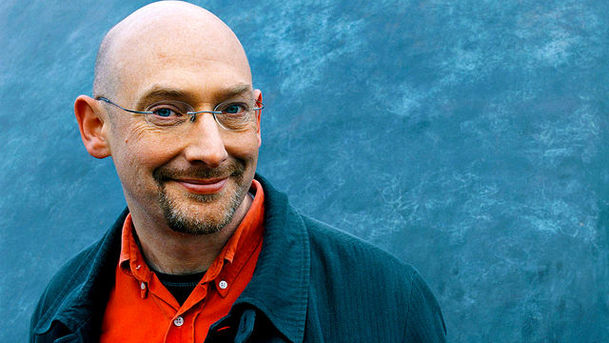
Material World - 25/02/2010
Quantum physicist Prof Vlatko Vedral of Oxford University discusses quantum information with Quentin Cooper.
Details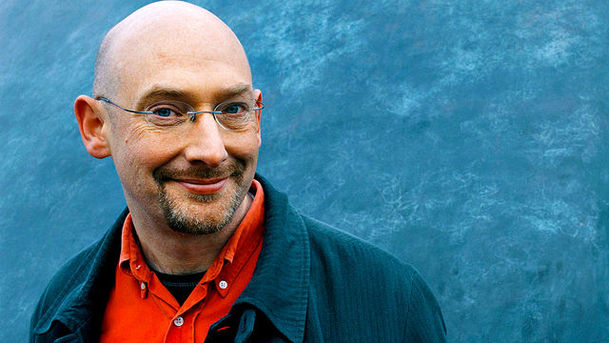
Material World - 25/03/2010
A new species of ancient human, discovered from the DNA in a tiny finger bone. Shipping: the hidden polluter. It's been estimated shipping kills 60,000 annually.
Details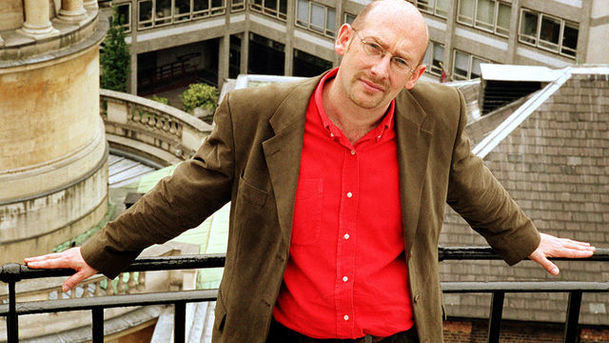
Material World - 25/06/2009
Quentin Cooper champions chimp culture, re-measures dinosaurs in light of new evidence and dissects the process of conducting a fair election using a quirk of statistics.
Details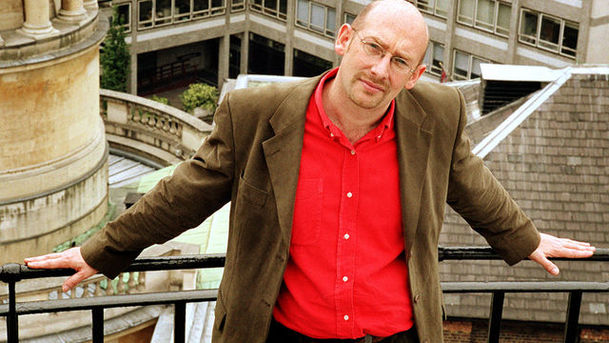
Material World - 25/09/2008
Quentin Cooper looks at research using hair to find a person's biological markers. A single fibre of hair can give a valuable chronological record of activities and lifestyle.
Details
Material World - 25/10/2007
Quentin Cooper reports from Manchester's first science festival, and finds out more about the science of addiction. How much is in our genes?
Details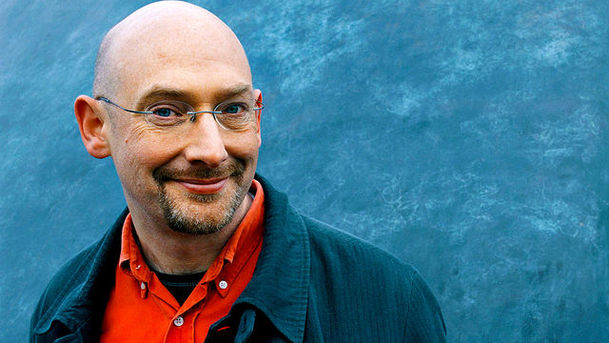
Material World - 25/11/2010
Quentin Cooper looks into the science stories of the week and speaks to scientists who are making the headlines.
Details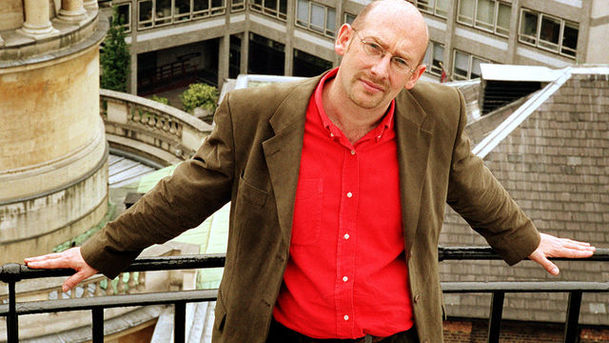
Material World - 26/02/2009
Quentin Cooper tells the story of Emil Abderhalden, the biochemist who rose to the heart of the German scientific establishment on the back of his bogus 'protective enzymes' theory.
Details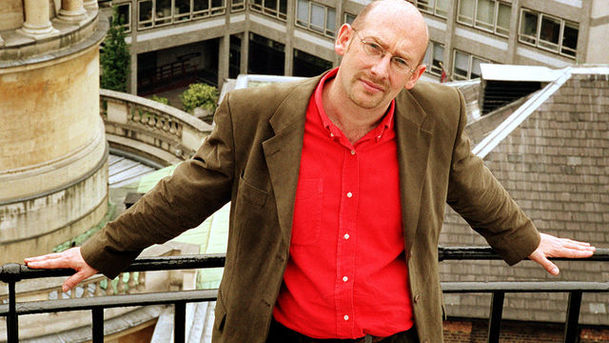
Material World - 26/03/2009
Quentin Cooper puts listeners' science questions to a panel of experts, including why we can feel chilly even as spring days grow warmer and why cold weather makes our nose run.
Details
Material World - 26/04/2007
Quentin Cooper examines the findings of the European space probe Venus Express, which has been orbiting the planet for a year to investigate just what makes it so inhospitable.
Details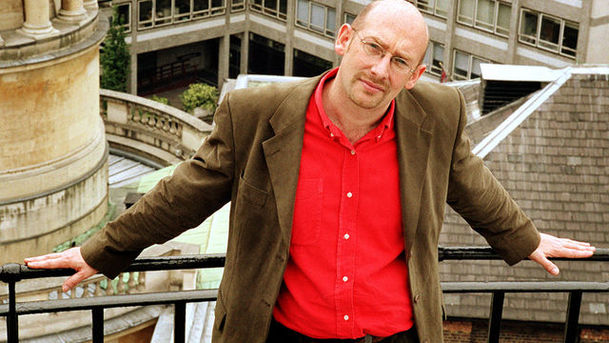
Material World - 26/06/2008
Quentin Cooper explores the latest research into the unusual sexual habits of the malaria parasite, which could reveal new ways of tackling the disease.
Details
Material World - 26/07/2007
Quentin Cooper explores the phenomenon of a bicycle's stability and meets the experts who claim to understand it.
Details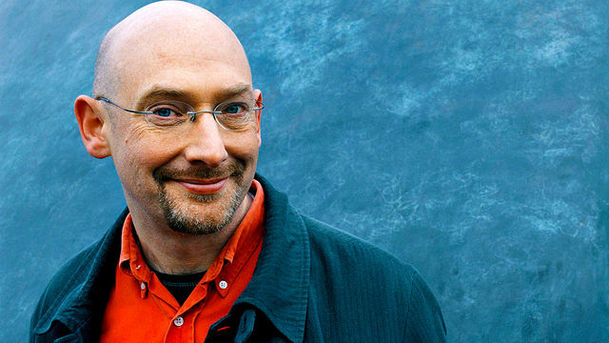
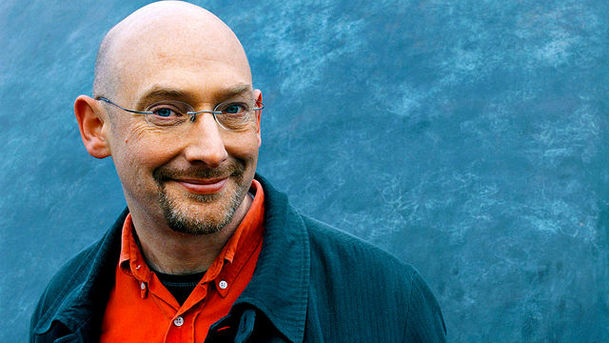
Material World - 26/11/2009
What is the scientific impact of the hacking of climate researchers emails? Drilling a megathrust earthquake zone; 17,650 deep ocean species; can science prevent bridge collapse?
Details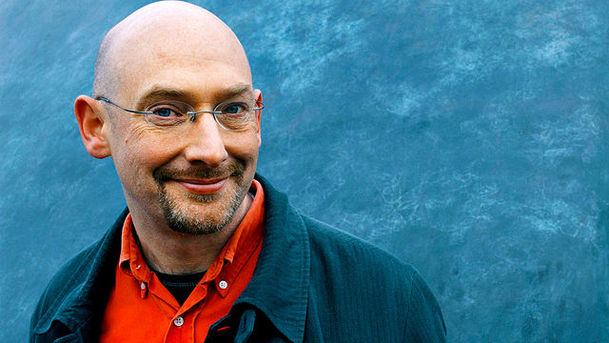
Material World - 27/01/2011
Quentin Cooper looks into the science stories of the week and speaks to the scientists who are making the headlines.
Details
Material World - 27/03/2008
Quentin Cooper visits Edinburgh for its International Science Festival 2008. He talks to the scientist charged with looking after HECToR, Britain's new national supercomputer.
Details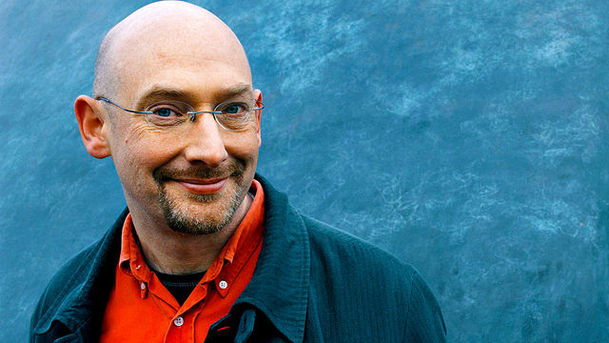
Material World - 27/05/2010
Quentin Cooper investigates volcanic ash and asks if we're ready for the next eruption. Plus the private Falcon 9 rocket and how dinosaurs became so big.
Details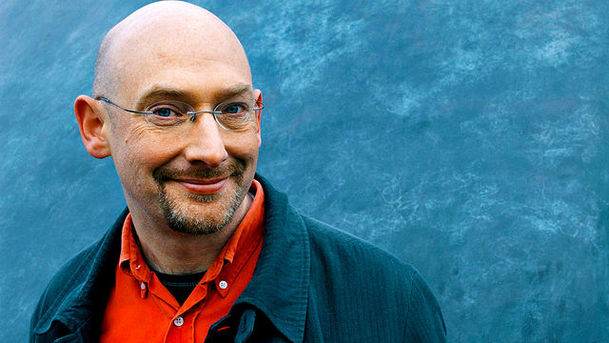
Material World - 27/08/2009
The Great Solar Storm of 1859, catastrophe financing, the next generation of Taser gun, and are we any nearer to a definitive explanation for the disappearance of the honey bee?
Details
Material World - 27/09/2007
Quentin Cooper is joined by zoologists Adrian Barnett and Bruna Bezerra, who have spent the past year in the Igapo forest in the Amazon jungle to study the uacari monkeys.
Details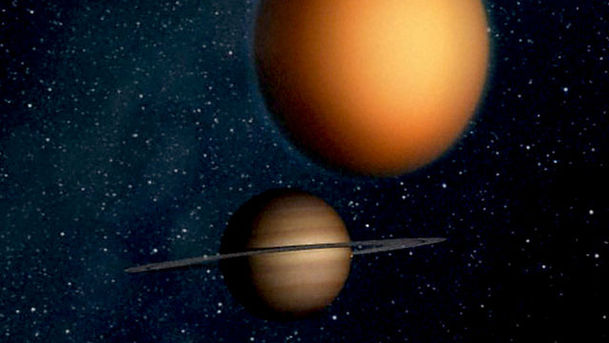
Material World - 27/11/2008
Quentin Cooper joins scientists from the Open University as they drop space instruments onto Chesil Beach in Dorset in search of clues about one of Saturn's moons, Titan.
Details
Material World - 27/12/2007
In a special edition of the programme, Quentin Cooper invites a panel of experts to answer science questions from listeners.
Details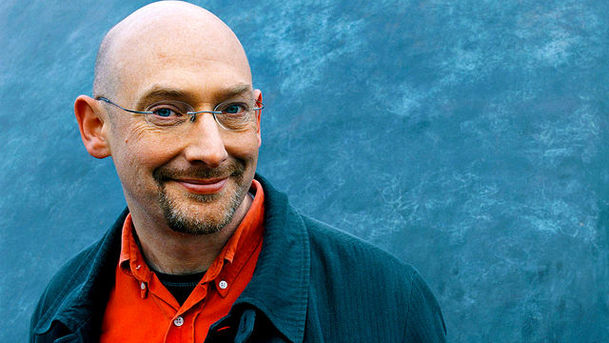
Material World - 27/12/2010
Science stories. New DNA evidence from a Siberian cave reveals our complex genetic past, and cooking the perfect Christmas turkey - advice from a molecular gastronomist.
Details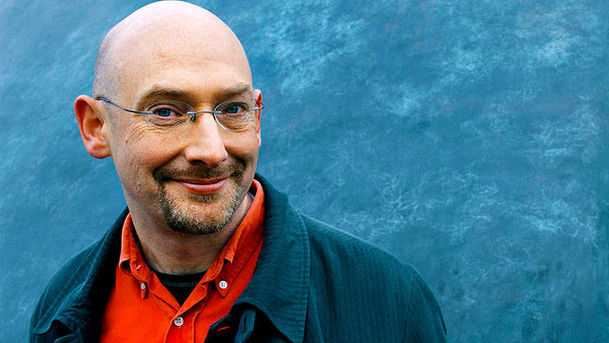
Material World - 28/01/2010
The latest in the search for extra-terrestrial intelligence; creating individual drug treatments for disease; are emotions vocally universal? Do You Want To Be A Scientist?
Details
Material World - 28/02/2008
Quentin Cooper explores incredible advances in microscope technology which have opened up a new frontier in understanding and fighting diseases, including cancer.
Details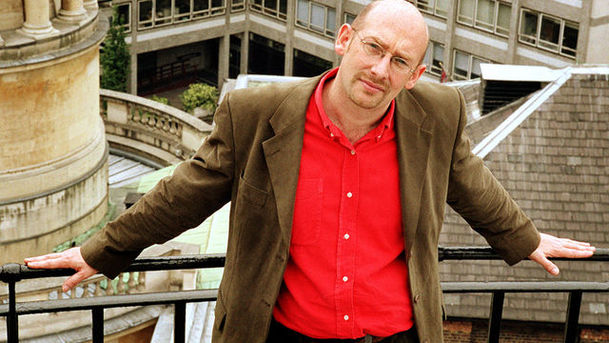
Material World - 28/05/2009
Quentin Cooper discusses monitoring North Korea's nuclear programme; the causes of the dustbowl of 1930s America are finally clarified; and a look at tool-using rooks.
Details
Material World - 28/06/2007
Quentin Cooper explores the links between science and drama. Which aspects of science make the best plays?
Details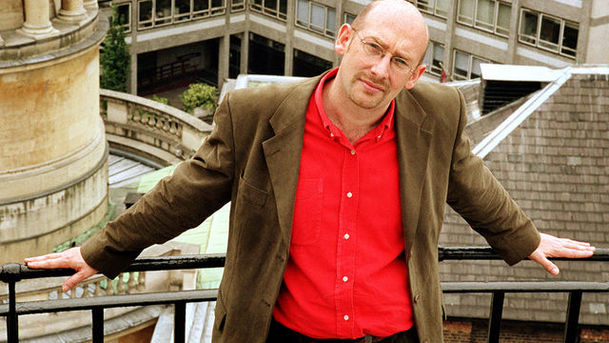
Material World - 28/08/2008
Quentin Cooper explores new ideas to reduce traffic chaos. He talks to Dr Alan Stevens from the Transport Research Laboratory and Dr David Brown of Portsmouth University.
Details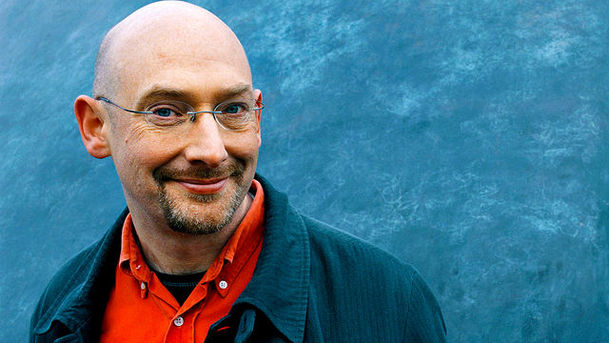
Material World - 28/10/2010
Indonesian disasters; The first electronics; Pollution from space travel.
Details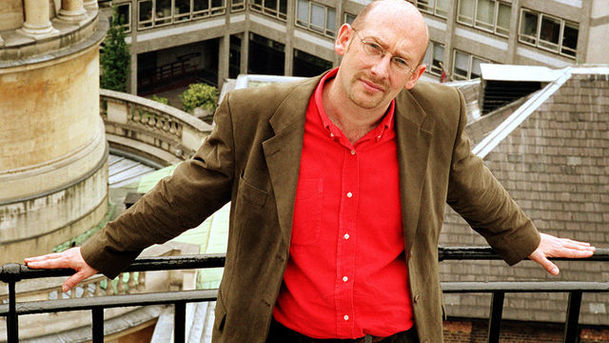
Material World - 29/01/2009
Quentin Cooper explores the latest developments in evolutionary psychology and social Darwinism and asks how it can help policy-makers in both the private and public sector.
Details
Material World - 29/03/2007
Quentin Cooper talks to John Forth and Salah Zoorob, civil engineers who want to build houses with bricks made from recycled rubbish.
Details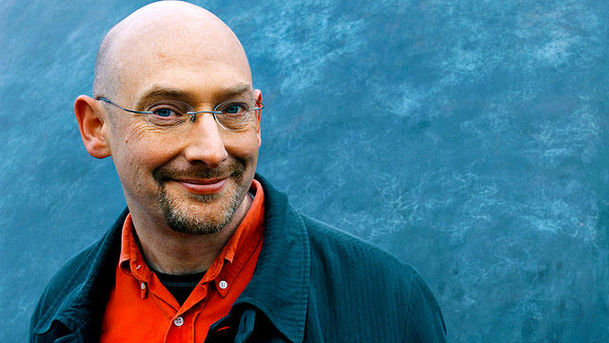
Material World - 29/04/2010
The Gulf of Mexico oil leak, a manifesto for innovation, glowing clouds and brain traces. Quentin Cooper and guests dissect the week's science news.
Details
Material World - 29/05/2008
Quentin Cooper talks to scientists at the Hay Festival, including geneticist Professor Steve Jones and David King, formerly the government's Chief Scientific Adviser.
Details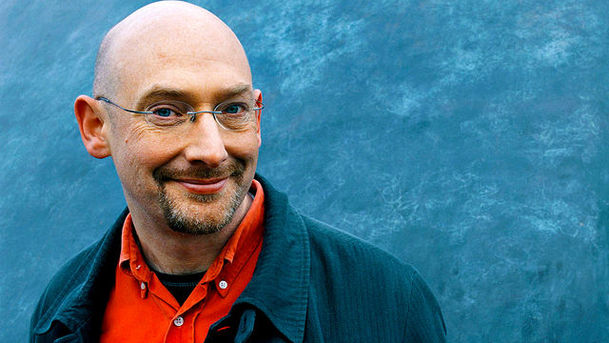
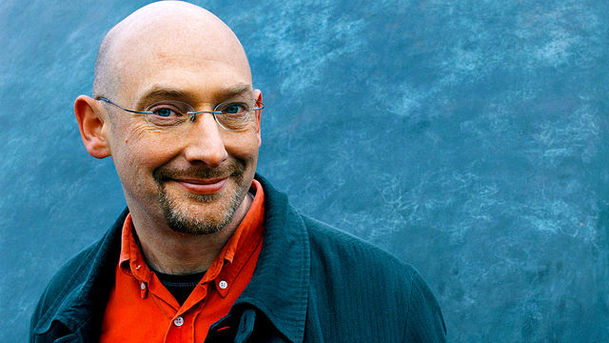
Material World - 29/10/2009
Mundane science fiction - reality confronts Star Trek; humans still evolving; where have all the metals gone? Presented by Quentin Cooper.
Details
Material World - 29/11/2007
Quentin Cooper talks to Prof Nick Jennings about autonomous computer programs which make their own decisions and outperform humans.
Details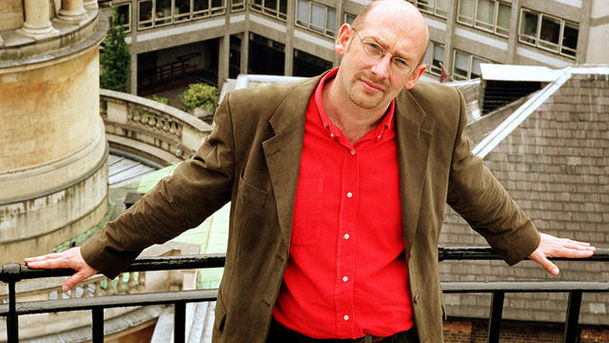
Material World - 30/04/2009
Quentin Cooper looks at the science behind the potential flu epidemic emanating from the 'swine' flu outbreak in Mexico.
Details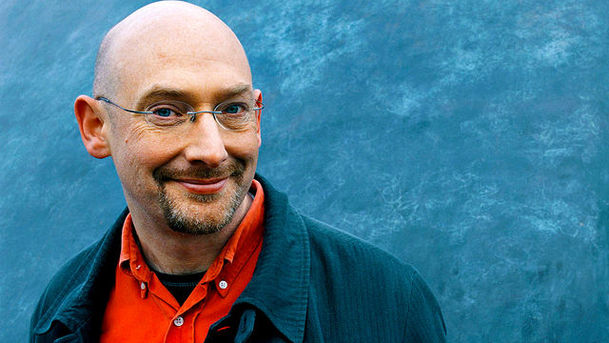
Material World - 30/07/2009
20 years after the gene that causes cystic fibrosis was identified, Quentin Cooper hears how the discovery stimulated genetic research.
Details
Material World - 30/08/2007
Quentin Cooper joins an Open University psychology course in Durham. The students have to devise a scientific investigation into memory or communication.
Details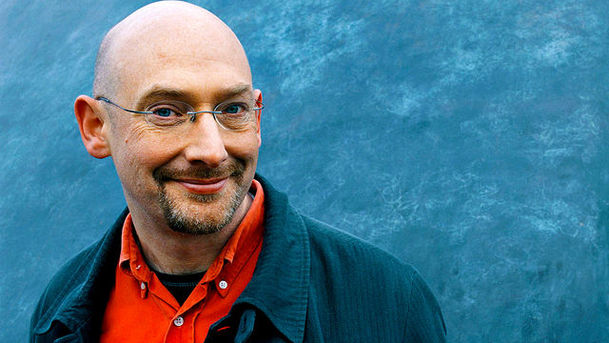
Material World - 30/09/2010
Quentin Cooper investigates the news in science and science in the news, includind a new, habitable planet, behaviour on the internet, dry water and Francis Crick's lost letters.
Details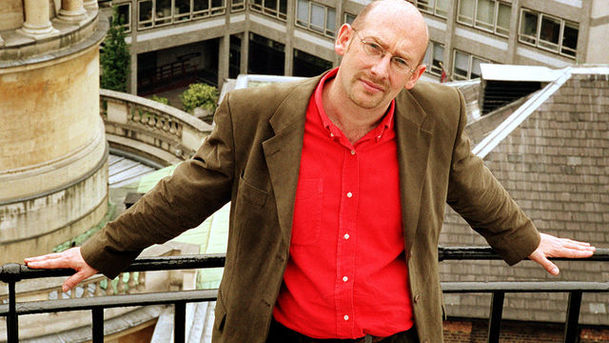
Material World - 30/10/2008
Quentin Cooper explores how research into the brain's integration of visual and audio cues can provide information about how sensory information gets processed in the brain.
Details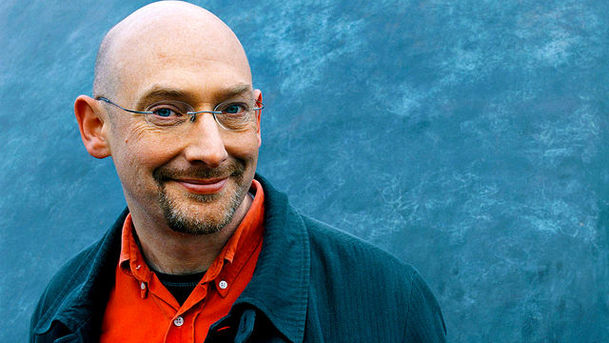
Material World - 30/12/2010
Quentin Cooper catches up with the four finalists of the So You Want to be a Scientist talent search. And he reports on the public impact of the Royal Society's Year of Science.
Details
Material World - 31/01/2008
Quentin Cooper investigates the science of systems biology, in which computing and biology meet to create virtual organs for research.
Details
Material World - 31/05/2007
Quentin Cooper visits the Hay Festival. Steve Jones shows him the countryside where Alfred Russel Wallace trained as a surveyor before developing a pre-Darwinian evolution theory.
Details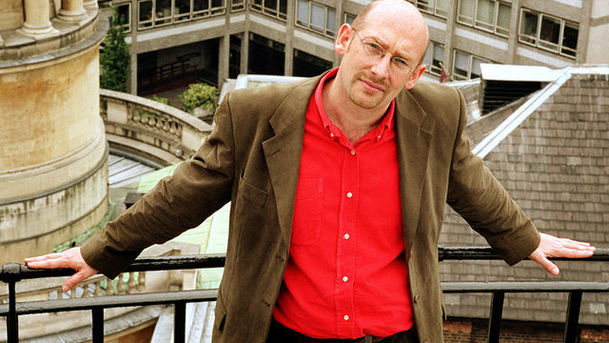
Material World - 31/07/2008
Quentin Cooper explores the origins of cloudy skies and asks if pollution is making them worse. With Roy Harrison and Stephen Dorling from Birmingham and East Anglia Universities.
Details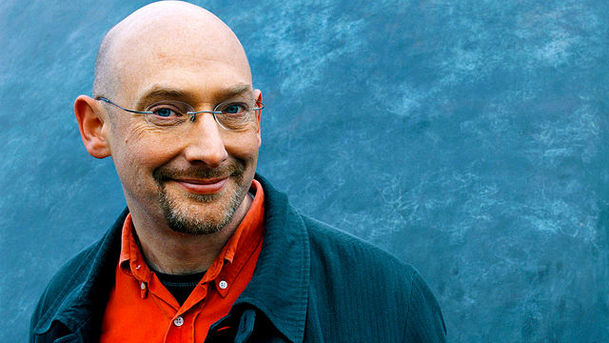
Material World - 31/12/2009
Quentin Cooper looks into the continuing role of enthusiasts at the front line of research.
Details
Material World - Particle Cancer Therapy
The idea that anti-matter beams could treat cancer might seem ridiculous. But researchers have reported some success into the effects of anti-proton radiation on living cells.
Details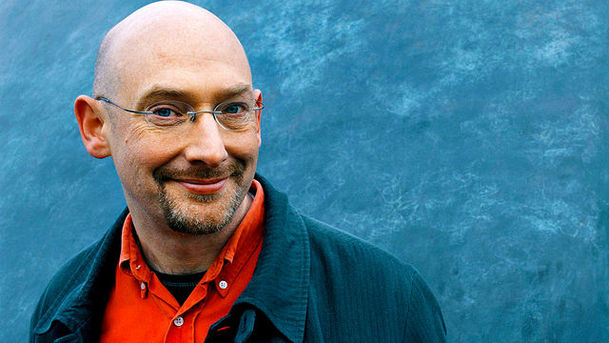
Material World - So You Want to Be a Scientist - the final
Who will be chosen as the BBC's Amateur Scientist of the Year? The four finalists present their results in front of a live audience at the 2010 British Science Festival.
Details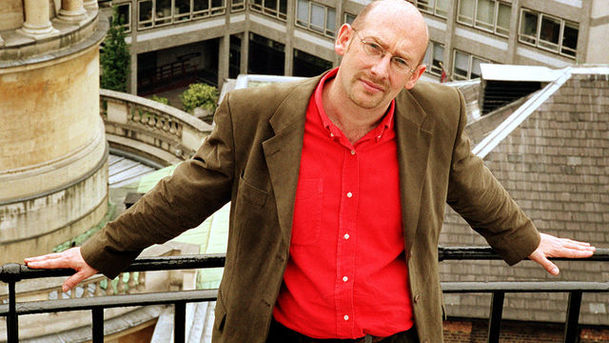
Material World - Subglacial Lakes
Quentin Cooper talks to Martin Seigert from the University of Edinburgh. He is leading a consortium of 15 UK universities who aim to explore lakes beneath the Antarctic ice sheet.
Details
Material World - Superbugs
Superbugs: Quentin Cooper talks to Clive Beggs and Kevin Kerr from the University of Bradford about their new research into superbugs and how they could possibly be controlled.
Details